What is the best British television show of the century so far? That’s the question the Times and Sunday Times TV team has set out to answer.
With the help of some of the nation’s top writers, actors and actresses, from Stephen Merchant and Michael Sheen to Joanne Froggatt and Lucy Prebble, our team of television critics has assembled a list of 100 that includes the best drama, comedy, documentaries and entertainment formats of the past 25 years. Almost all are available to watch now thanks to the streaming revolution that has transformed TV.
The rules are simple. The programmes must be British, so classic American dramas such as The Sopranos and Game of Thrones aren’t allowed, and the shows must have been first broadcast after January 1, 2000. That means reboots of shows that were first broadcast in the 20th century are ineligible. It’s why you won’t see Doctor Who, which began in 1963, but returned in 2005 after a 13-year hiatus, on our list.
But have we got the 100 best British shows of the 21st century right? What’s missing? What should be higher? Let us know in the comments below …
The top 100 British TV shows of the past 25 years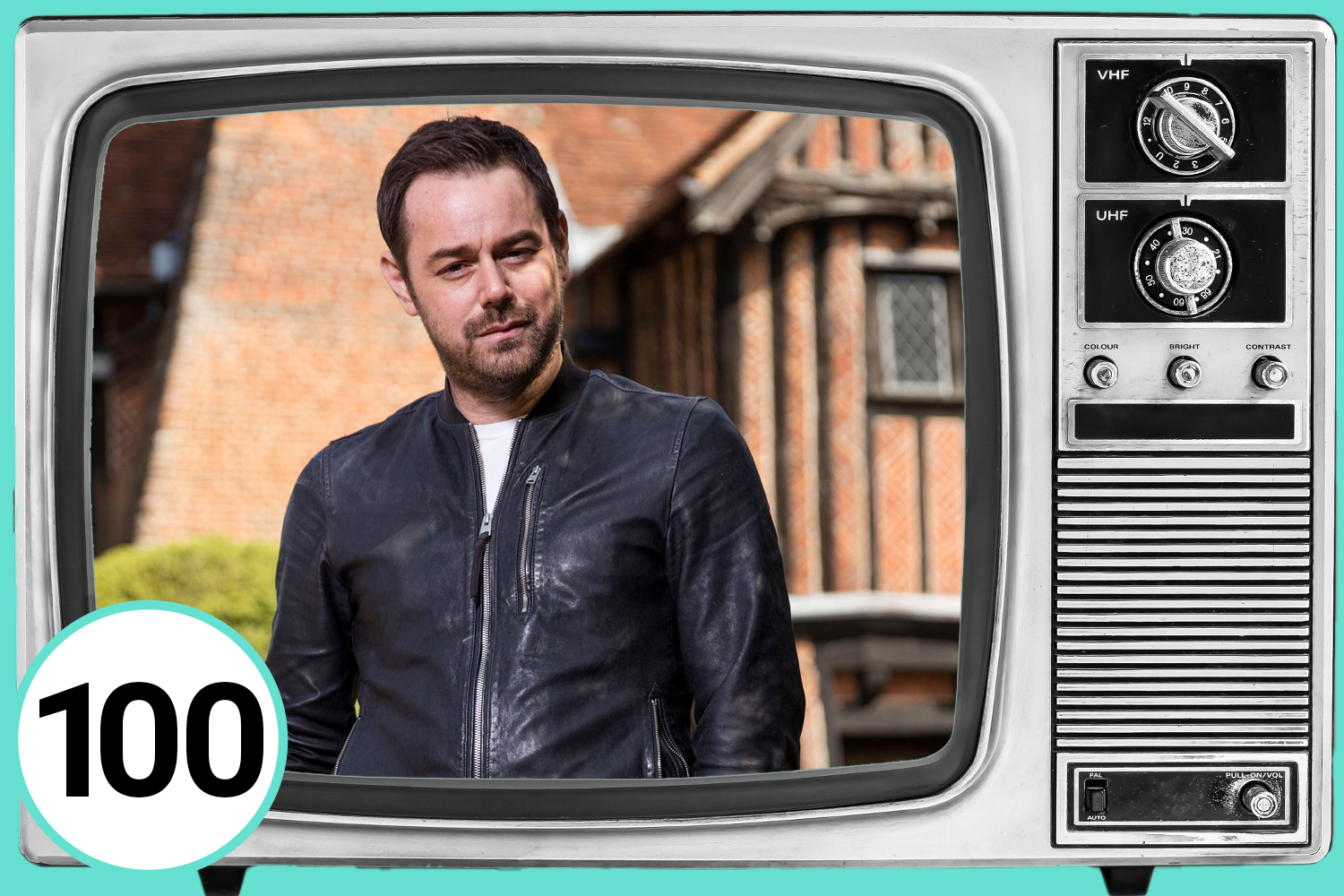
Danny Dyer in Who Do You Think You Are
STEVEN PERRY/BBC
Who Do You Think You Are? (2004-, iPlayer)
For more than 20 years the BBC’s genealogy series has treated its celebrity subjects and viewers to all manner of previously unknown facts about their pasts. From Danny Dyer’s connection to William the Conqueror, to the Olympic rower Matthew Pinsent tracing his lineage to Adam and Eve, the show delivers unforgettable revelations. A simple format, its gentle mix of history and human interest helped to spark a boom in online genealogy across the nation. Tim Glanfield
99. Sex Education (2019-23, Netflix)
No television series has tackled teenage sex as well as this comedy. Offering a fresh depiction of adolescent life, it follows a group of students at the fictional Moordale High as they navigate everything from pubic hair to pillow talk. As well as featuring stars like Gillian Anderson and Jason Isaacs, this show has served as a launchpad for rising stars, including Aimee Lou Wood and Ncuti Gatwa. Jake Helm
98. The Responder (2022-24, iPlayer)
Starring Martin Freeman, this does the seemingly impossible. It takes a format that has been flogged half to death — the TV cop drama featuring a troubled officer — and electrifies it. It proves that a police show can still say something new, its writer Tony Schumacher bringing an authenticity to the narrative, having been a police officer. Bleak but knock-out. Carol Midgley
• Read more TV reviews, guides about what to watch and interviews
97. The X Factor (2004-18, YouTube)
It may not have lasted as long as its one-time rival Strictly, but Simon Cowell’s all-singing (and some dancing) reality behemoth was for many years the biggest show on TV, producing global pop stars from One Direction to Leona Lewis. While its future remains unclear, its influence still looms large across most entertainment formats. TG
96. Blue Lights (2023-24, iPlayer)
Set in Belfast amid the lingering impact of the Troubles, Blue Lights offers a unique and fresh perspective on police dramas. Focusing its attention on a group of rookie recruits to the Police Service of Northern Ireland, the series introduces the challenges of policing in an at times tinderbox environment through fresh eyes. A critical and popular hit, the BBC was so confident they had struck gold that they greenlit a third and fourth series of the drama before the second had even aired. TG
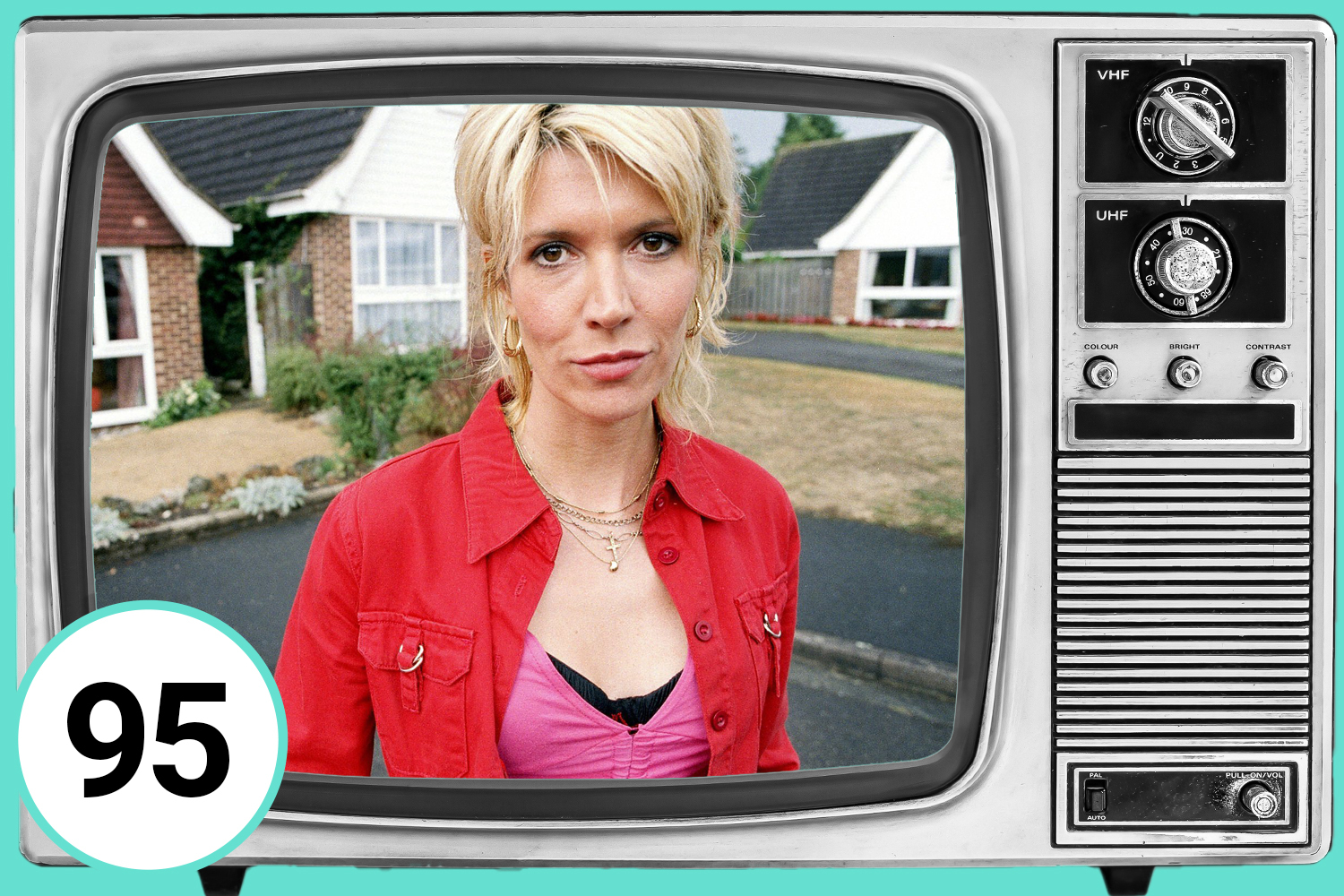
Julia Davis as Jill in Nighty Night
BBC
Nighty Night (2004-05, iPlayer)
Julia Davis’s jet-black comedy — about a narcissistic sociopath who joins a dating agency after finding out her husband has cancer — is a weird, twisted and extremely influential British comedy. With a who’s who of British acting talent, from Kevin Eldon to Rebecca Front and Mark Gatiss to Ruth Jones, it’s a show that rarely misses a beat. TG
94. Race Across the World (2019-, iPlayer)
There aren’t many shows that can still attract overnight audiences of four million-plus viewers on a summer evening in 2025, but this gentle series — part challenge show, part reality format and part travelogue — is one of them. Made by Studio Lambert (the production company behind The Traitors UK ), the show’s success rests on the charm of its unassuming contestants as travel broadens their minds. TG
93. The Fall (2013-16, iPlayer)
A sinister and atmospheric drama of high order, this chilling series follows Detective Superintendent Stella Gibson (Gillian Anderson), a Met Police chief drafted to investigate an open murder case in Northern Ireland. It soon turns out she’s on to a serial killer, Paul Spector (Jamie Dornan), and what follows is a high-stakes game of cat and mouse with more than its fair share of unexpected turns. TG
• Can you spot one reality ‘celebrity’ you’ve heard of? I couldn’t
92. The Lost Prince (2003, Apple TV+)
Most of Stephen Poliakoff’s 2000s dramas, from Friends and Crocodiles to Capturing Mary, ask you to surrender to a slow, off-kilter mood, with varying degrees of success. The Lost Prince feels more direct, like a precursor to The Crown, as it unearths the sad story of Prince John, the youngest child of King George V and Queen Mary, secreted from public view for his learning disabilities. James Jackson
91. National Treasure (2016, Channel 4 streaming)
Few dramas capture the emotional weight of Britain’s real-life showbiz sexual abuse scandals like Jack Thorne’s entirely fictional account of a much loved public figure called Paul Finchley (a superb Robbie Coltrane) who is accused of heinous sexual crimes. Equally powerful performances from Julie Walters as Finchley’s wife and Andrea Riseborough as his troubled daughter help this textured drama to prompt as many questions as it had, in its devastating final reckoning, answers. Ben Dowell
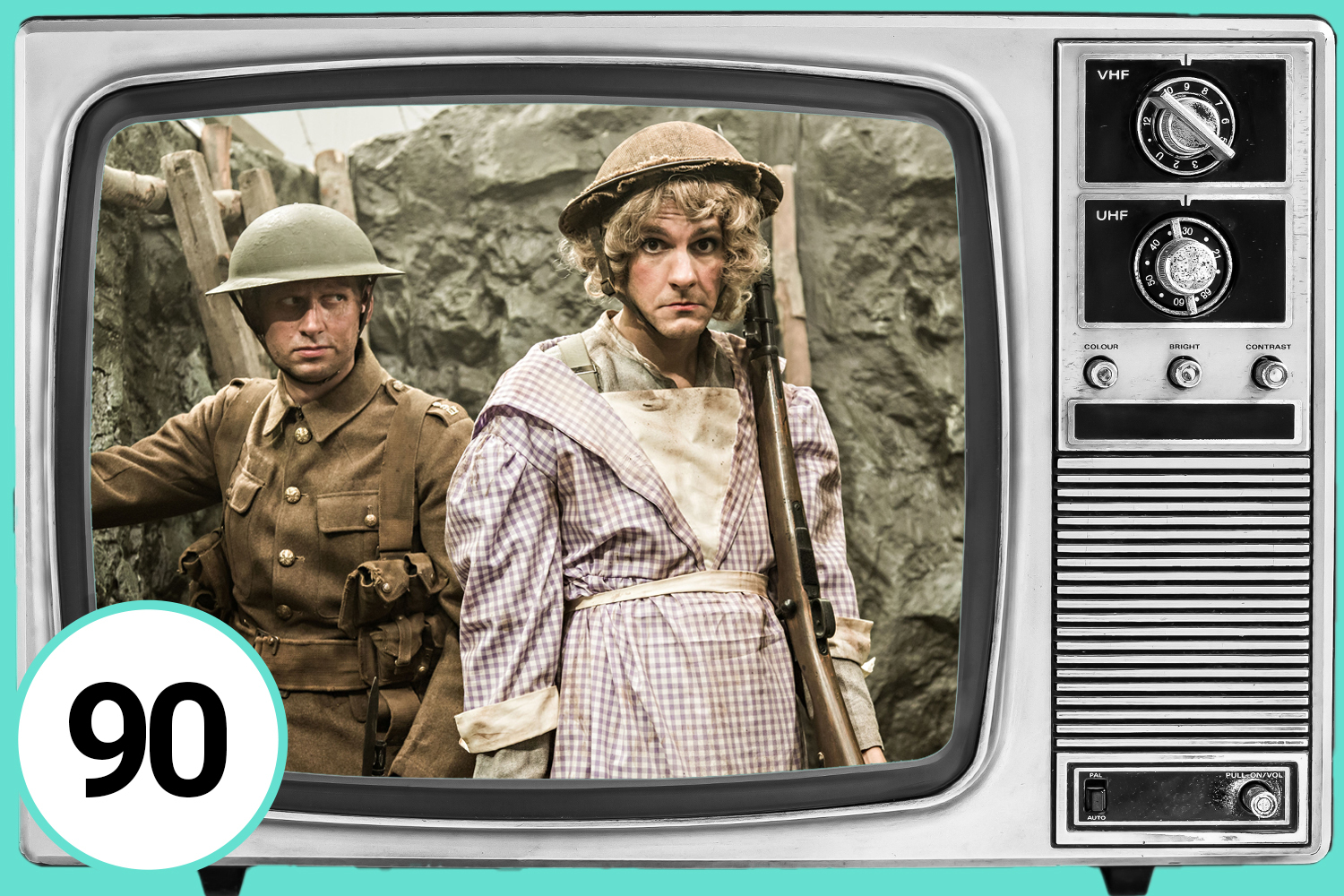
Laurence Rickard and Mathew Baynton in Horrible Histories
RORY LINDSAY/BBC
Horrible Histories (2009-25, iPlayer)
Terrible Tudors? Gorgeous Georgians? The BBC’s adaptation of Terry Deary’s book series doesn’t just entertain, it redefines what children’s television can be. Combining historical facts with catchy songs and Monty Python-style bonkersness, the show has delighted kids and pleasantly shocked adults with its bravery and wit. It became the first children’s programme to win a British Comedy Award. From Charles II partying to the Romantic poets reimagined as a boy band, it proves that learning can be a lot of fun. JH
89. Nathan Barley (2005, Channel 4 streaming)
Nathan Barley, the character, started off as the subject of a fly-on-the-wall documentary in Charlie Brooker’s groundbreaking TVGoHome on Channel 4. The documentary was called C*** (these are The Times’s asterisks, not Brooker’s). Further fleshed out by Brooker and Chris Morris, he became a strutting, foolishly coiffured, overconfident commentary on the hipster idiots and narcissists swarming east London. The Guardian thought it was already “woefully out of date” — but it was wrong. Nathan Barley hasn’t aged badly because what was then comically surreal is now increasingly mainstream. Jonatton Yeah?, the permanently sneering editor of Sugar Ape magazine, thinks his publication should be bought, not opened, then thrown away. “The thought of people opening it actually upsets me,” he says. Ever marvelled at a cereal café or a penny-farthing in the cycle lane? You’ll appreciate Nathan Barley. Keep it dense, as he would say. Martin Samuel
88. Shameless (2004-13, Channel 4 streaming)
Paul Abbott’s long-running comedy drama drags audiences kicking and screaming on to the fictional Chatsworth estate in Manchester to be part of the dysfunctional Gallagher family. Led by a truly memorable performance from David Threlfall as Frank Gallagher, with a large ensemble cast around him including James McAvoy and Anne-Marie Duff, the beautifully crafted show tackles deep, dark issues and offers a social commentary while retaining its sense of humour. TG
87. Save Me (2018-20, Now)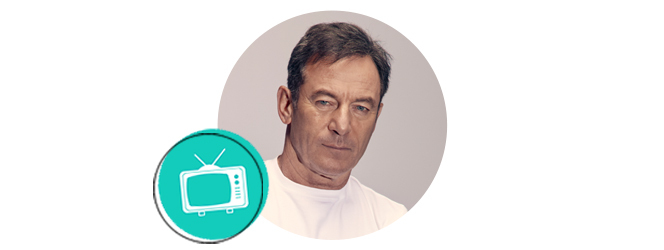
Created by Lennie James, this emotionally charged thriller charts a father’s obsessive quest to find his missing daughter. Jason Isaacs, the Emmy-nominated actor and star of The White Lotus, says: “Season one gave us an unlikely hero in an unlikely banana-coloured jacket, a narrative hook to chill the bones of any parent and a south London council estate that was part The Wire and part Alice in Wonderland. James won a best drama series Bafta for the second season of a show on Sky, Save Me Too — an unheard of achievement — which is testimony to his ability to create fresh characters that are infinitely layered and to weave a nail-biting old-fashioned yarn at the same time. And then he stopped when he was done, God bless him.”
86. Alan Partridge’s Mid-Morning Matters (2011-16, Now)
After a few years away, TV career stalled and marooned in a caravan, Alan gets back to basics and is in his element — ruling the (north Norfolk digital) airwaves, with a hapless sidekick (Tim Key) to lord it over. It proves to be Partridge off the leash and at his best, often hysterically funny. His renaissance got back on track again with 2016’s (sublimely funny) act of atonement, Scissored Isle. JJ
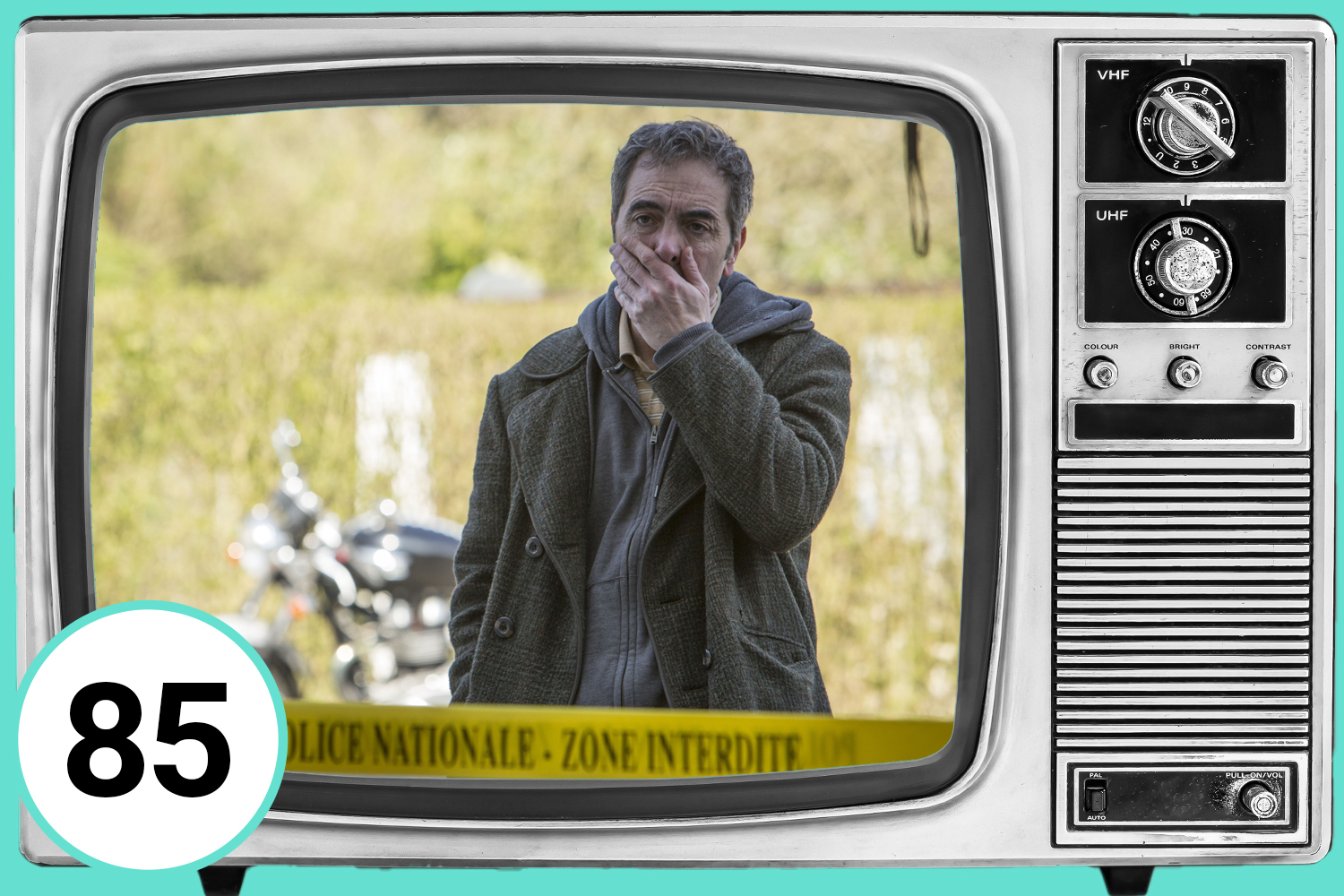
James Nesbitt stars in The Missing
JULES HEATH/BBC
The Missing (2014-16, Disney+)
This gripping meditation on trauma and loss begins with the disappearance of five-year-old Oliver during a family holiday in France. At its heart is a devastating turn from James Nesbitt as a father consumed by guilt and desperation, searching for his son with the help of the quietly resolute French detective Julien Baptiste. Created by the writing duo Harry and Jack Williams, the first series of the drama echoes the Madeleine McCann case, adding a chilling, emotionally resonant layer of realism. JH
84. Ghosts (2019-23, iPlayer)
This charming, daft and very funny comedy from the team behind Horrible Histories riffs brilliantly on its simple premise: Alison (Charlotte Ritchie) and Mike (Kiell Smith-Bynoe) inherit an ancient pile but only she can see its many ghosts. And it is the spirits, with their own particular quirks and charms, that make this sing, not least Simon Farnaby’s trouserless Tory MP Julian, who died in some form of extramarital coitus in 1993. It also has the kudos of a (not bad) US remake. BD
• The 30 best crime drama TV shows, ranked
83. Derry Girls (2018-22, Channel 4 streaming)
Lisa McGee’s comedy set against the backdrop of the Troubles in Northern Ireland is a brave and refreshing take on a sitcom that delivers laughter, poignant moments and plenty of memories. It beautifully juxtaposes serious political issues with a group of teenagers getting up to all the normal things teenagers do. The show doesn’t shy away from social commentary while allowing its young female cast (plus wee English fella) to shine with sharp scripts and brilliant storylines. TG
82. Life on Mars (2006-07, iPlayer)
John Simm’s 21st-century detective is bewildered to find himself adrift in a 1973 world of old-fashioned geezer coppers, not least the retro-bruiser DI Gene Hunt (Philip Glenister). Is a point being made about the police needing to be publicly accountable? Perhaps, but this has been enjoyed by millions more for Hunt’s Ford Cortina and all the other Sweeney-style trimmings. JJ
81. Marion and Geoff (2000-03, iPlayer)
Is there anything more heartbreaking than futile optimism? Rob Brydon’s Keith Barrett is a man whose life has utterly collapsed, to the point that he’s the only character in a 17-episode, video diary style show, yet his name is not worthy of the title. His wife has had an affair and left him (for Geoff). He likes to think of himself as a “virtual dad” to his two boys, whom he rarely sees, and who now get to switch him on and off like they do their Nintendo. At its heart it has one joke — that the worse things get for Keith, the more relentlessly positive he will be about them. It’s as hilarious as it is inspiring. Tom Peck
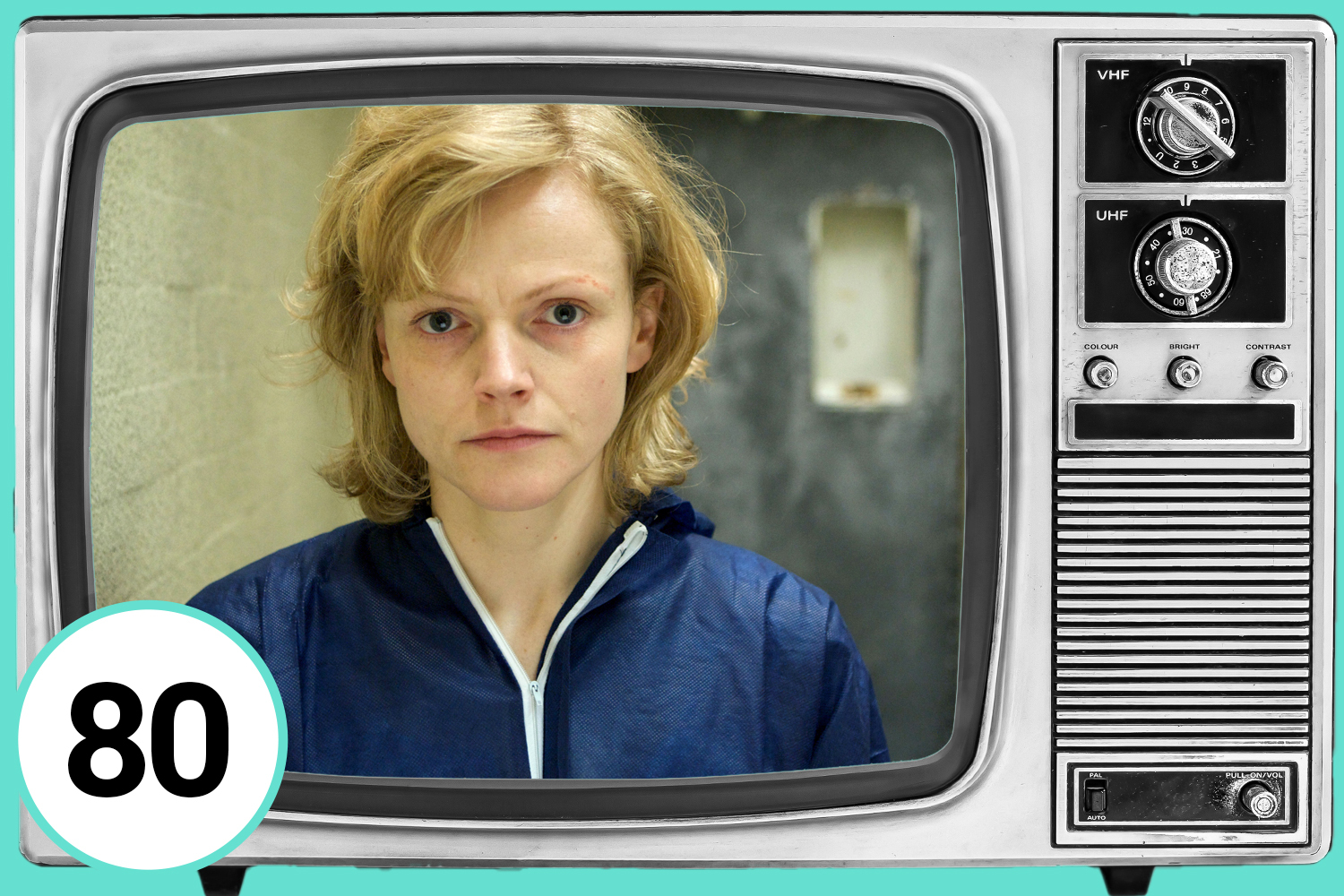
Maxine Peake as Juliet Miller in Criminal Justice
BBC
Criminal Justice (2008-2009, iPlayer)
Remade as The Night Of in America, the first series of the BBC original stars Ben Whishaw as a young man on an odyssey through the prison system after being accused of murder, a lamb to the slaughter. A plausible sense of authenticity pervades every scene. There’s a sickly sense of dread, yet you can’t look away. JJ
79. Humans (2015-18, Channel 4 streaming)
A decade ago the idea of AI-powered androids living among us felt like the stuff of fantastical science fiction; today watching Humans feels a little too close for comfort. The superb Channel 4 series, starring Gemma Chan and Emily Berrington, may not have quite come true yet but, across three series, its exploration of ideas around the role of artificial intelligence and technology in our lives, and the ethical and moral quandaries that accompany them, could not be more relevant. TG
78. Appropriate Adult (2011, ITVX)
This intense and affecting two-part mini-series tells the story of the Gloucestershire housewife Janet Leach, who played a pivotal role in uncovering the horrific crimes of Fred and Rosemary West. It centres on the time after Fred’s arrest and his suicide in 1995, and the arrest of Rosemary.
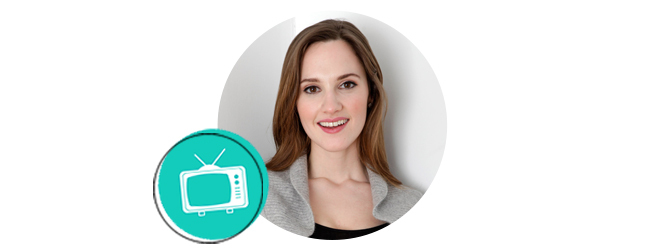
The Slow Horses star Ruth Bradley says: “This was a really difficult watch. I barely breathed throughout. Powerful drama can draw the audience into the complexity of the human psyche in a way that documentary can’t. The story of Rose and Fred West is told entirely through the human lens of Janet Leach, West’s appropriate adult. I was left with the feeling that a true psychopath can convince you of anything. Emily Watson, one of the greatest living actresses, conveys so much with the blink of an eye. And Dominic West is chilling. Two of the greatest television performances, so sensitively directed by Julian Jarrold.”
77. The Trip (2010-20, Apple TV+)
A show about two middle-aged men dining in restaurants from the Lake District to the Basque Country and doing impressions could easily have failed before the pilot, but it was soon clear that it was going to be a hit. Steve Coogan and Rob Brydon’s exaggerated versions of themselves are perfectly framed by the careful eye of the director Michael Winterbottom as the pair eat, bicker and gently descend into an existential crisis in this beautifully crafted comedy. TG
• Steve Coogan and Sarah Solemani interview: can #MeToo be funny?
76. Doctor Foster (2015-17, iPlayer)
There is little point in picking holes in a show that so expressly embraces far-fetched melodrama, in vengeful plots involving cyanide syringes. Why? Because Suranne Jones’s wronged Gloucester doctor — mad as hell at discovering her husband (Bertie Carvel) is having an affair with the neighbours’ daughter (Jodie Comer) — is magnificent, the cat-and-mouse games in a home counties cul de sac worthy of an opera. The first series ends in perhaps the most painful dinner party in history. JJ
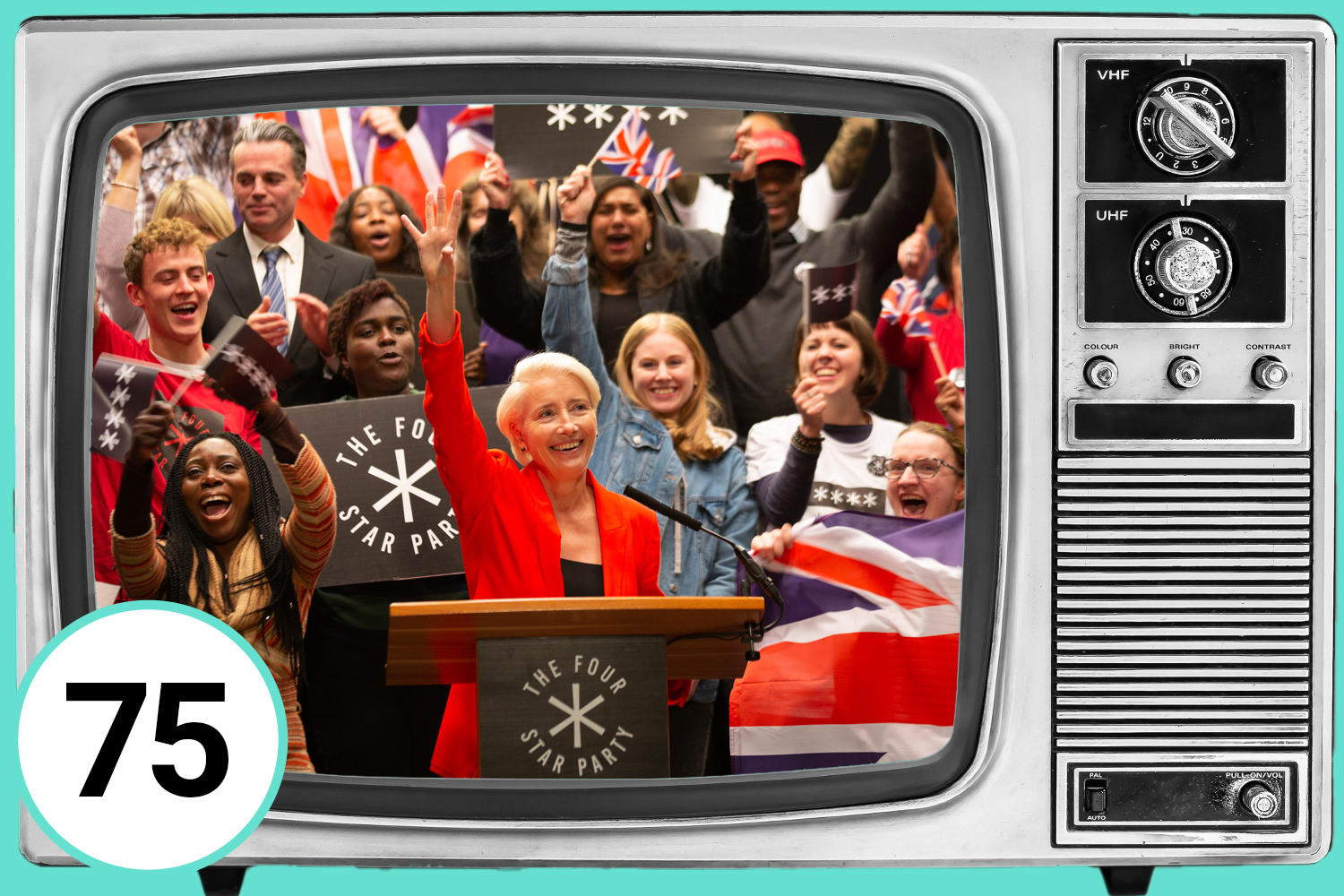
Emma Thompson in Years and Years
GUY FARROW/BBC
Years and Years (2019, Apple TV+)
Russell T Davies’s superb dystopian drama tells the story of the Lyons family as they witness increasingly tumultuous global affairs and the rise of a populist businesswoman as British leader. The stellar cast includes Emma Thompson and Russell Tovey.
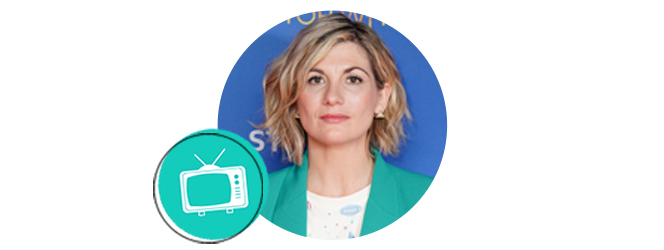
The actress and former Doctor Who star Jodie Whittaker says: “I watched Years and Years when it aired in May 2019. That date is important. Remember that, if you are watching it for the first time. It blew my mind; it was British television at its best. It’s beautifully written, with a phenomenal cast. There are scenes in this show that I will never forget, which can still reduce me to tears. It is something I continue to quote and reference, and draw upon. And in 2025, with everything we now know, it is terrifyingly prophetic.”
74. Endeavour (2013-23, ITVX)
With its three-act operatic structures, allusions to Philip Larkin and Harold Pinter, and Mozart forming part of the incidental music, Endeavour is nothing if not classy. But this reimagining of the early life of the detective created by Colin Dexter (here played by Shaun Evans) creates 36 films of sublime brilliance that stay true to the writer’s vision while playing beautifully and boldly with the character and the whole detective genre. BD
73. The Apprentice (2005-, iPlayer)
This weekly parade of overconfident entrepreneurs is a true gem of British reality TV. A thinking man’s Big Brother, the BBC’s show champions the nation’s entrepreneurial spirit: loud, brash and occasionally even profitable. Grumpy Lord Sugar delivers his boardroom verdicts with brisk finality as contestants try to flog cheddar cheese to the French or craft heartfelt adverts for boxes of tissues. But this is more than a business competition — it’s a Shakespearean farce, just with sharper suits and far worse decisions. JH
72. The IT Crowd (2006-13, Channel 4 streaming)
Three people trapped in an absurd space: the concept powering Father Ted and Black Books worked equally brilliantly with Graham Linehan’s sitcom, set in a mad corporation’s IT basement. Star-making for the delightful trio of Chris O’Dowd, Richard Ayoade and Katherine Parkinson, it specialises in humorous situations involving everything from flaming bras to Countdown. It’s also a repository of vital tech knowledge: remember, if you type “Google” into Google, you will break the internet. Victoria Segal
71. Sherwood (2022-24, iPlayer)
James Graham’s series about the toxic schisms in Nottinghamshire left by the miners’ strike of 1984-5 is a gripping and emotionally resonant piece of television. Picking at the scars of Britain’s industrial past, it’s not a whodunnit, more a why-the-hell-did-this-happen. The performances, led by Lesley Manville and David Morrissey, are uniformly superb, and Graham has that rare skill of getting under the skin of people, seeing the messy truth of human nature. Whether it’s crossbows ripping communities apart in series one or guns tearing through lives in series two, this is state-of-the-nation stuff at its sharpest. JH
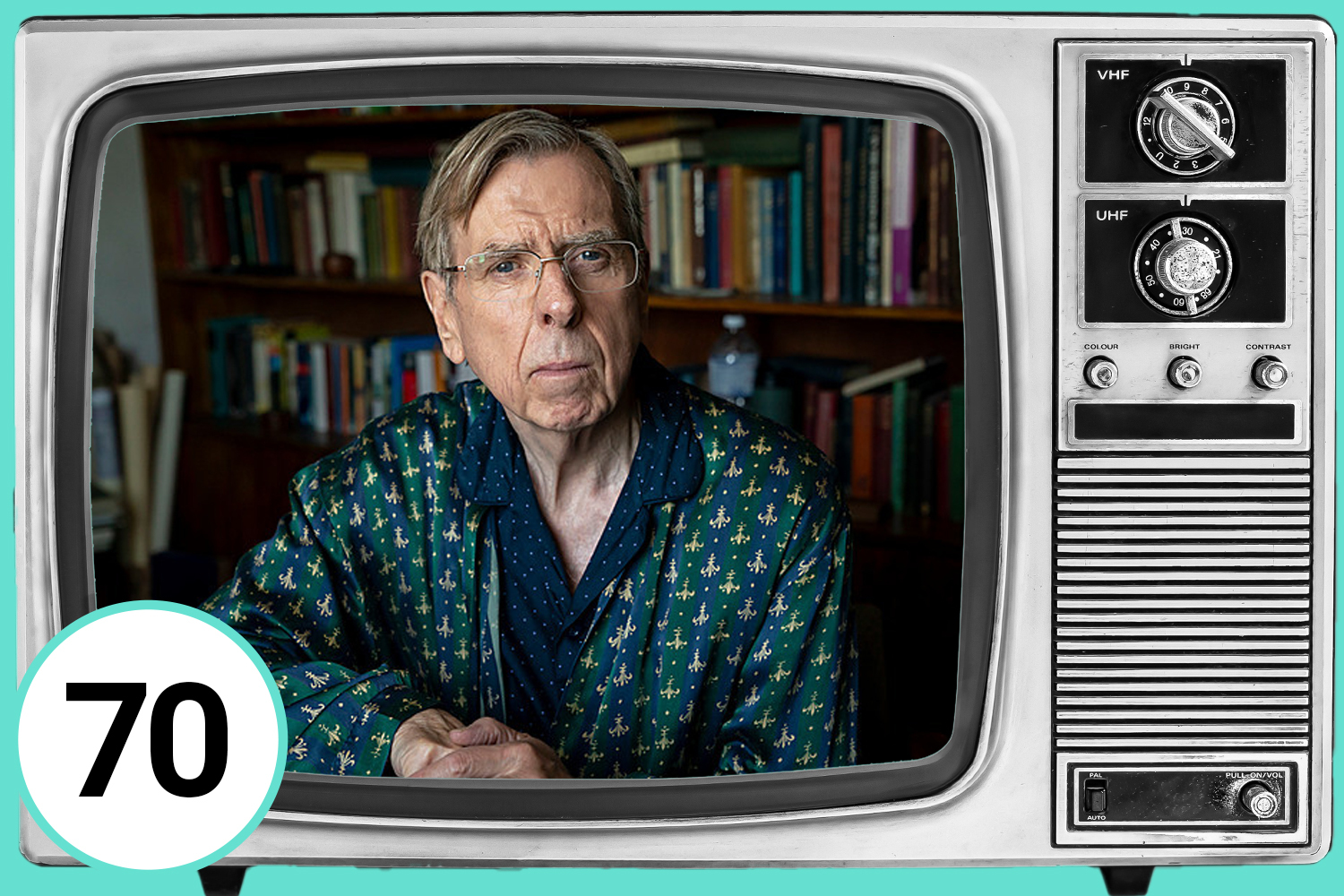
Timothy Spall in The Sixth Commandment
AMANDA SEARLE/BBC
The Sixth Commandment (2023, iPlayer)
A devastating story of the religious hypocrisy that led to the murder of the kindly teacher Peter Farquhar in 2015. Part of the powerful nature of Sarah Phelps’s script is the way it introduces Timothy Spall’s likeable, donnish Christian before showing the terrible things that happen to him after he claps eyes on the charismatic student Benjamin Field (Éanna Hardwicke). A strange, sad, powerful tale. BD
• At last, I’ve found a crime drama to enjoy — it’s even got jokes
69. This Country (2017-20, iPlayer)
Daisy May and Charlie Cooper’s mockumentary comedy offers a refreshing new angle — it is set in the countryside. Powered by razor-sharp writing, genuinely relatable characters and chaotic family dynamics, the show paints a unique picture of life in the Cotswolds across three series, winning Baftas along the way. TG
68. Help (2021, Channel 4 streaming)
This powerful and harrowing one-off drama from the pen of Jack Thorne is set in a care home and stars Jodie Comer as a young carer and Stephen Graham as a patient with early-onset Alzheimer’s. What begins as an intense and poignant story turns into something much more powerful as Covid-19 hits and lays bare the strain under which NHS and care workers find themselves, and the ravaging effects of the pandemic on an already stretched system. TG
67. Wallander (2008-16, iPlayer)
This superb adaptation of Henning Mankell’s detective novels looked ravishing, but the key to it is Kenneth Branagh’s monumental performance as Kurt Wallander, a man who faces darkness so often it has seeped into his soul. There is also excellent work from the ensemble, which includes Tom Hiddleston (in earlier instalments) and Jeany Spark as Wallander’s daughter, Linda. The films are so good they put the acclaimed original Swedish version in the shade. BD
66. Taskmaster (2015-, Channel 4 streaming)
Unpredictable, absurd and incredibly addictive, Alex Horne’s comedy panel show has grown and grown since it arrived on our screens a decade ago on Dave and its subsequent move to Channel 4. The chemistry between Horne and his co-host, Greg Davies, supercharges the bizarre games while creating an infectious atmosphere that draws the best from the celebrity guests. The writer and producer of Succession, Lucy Prebble, said: “It’s joyful and stupid, endlessly inventive, and there’s loads of them.”
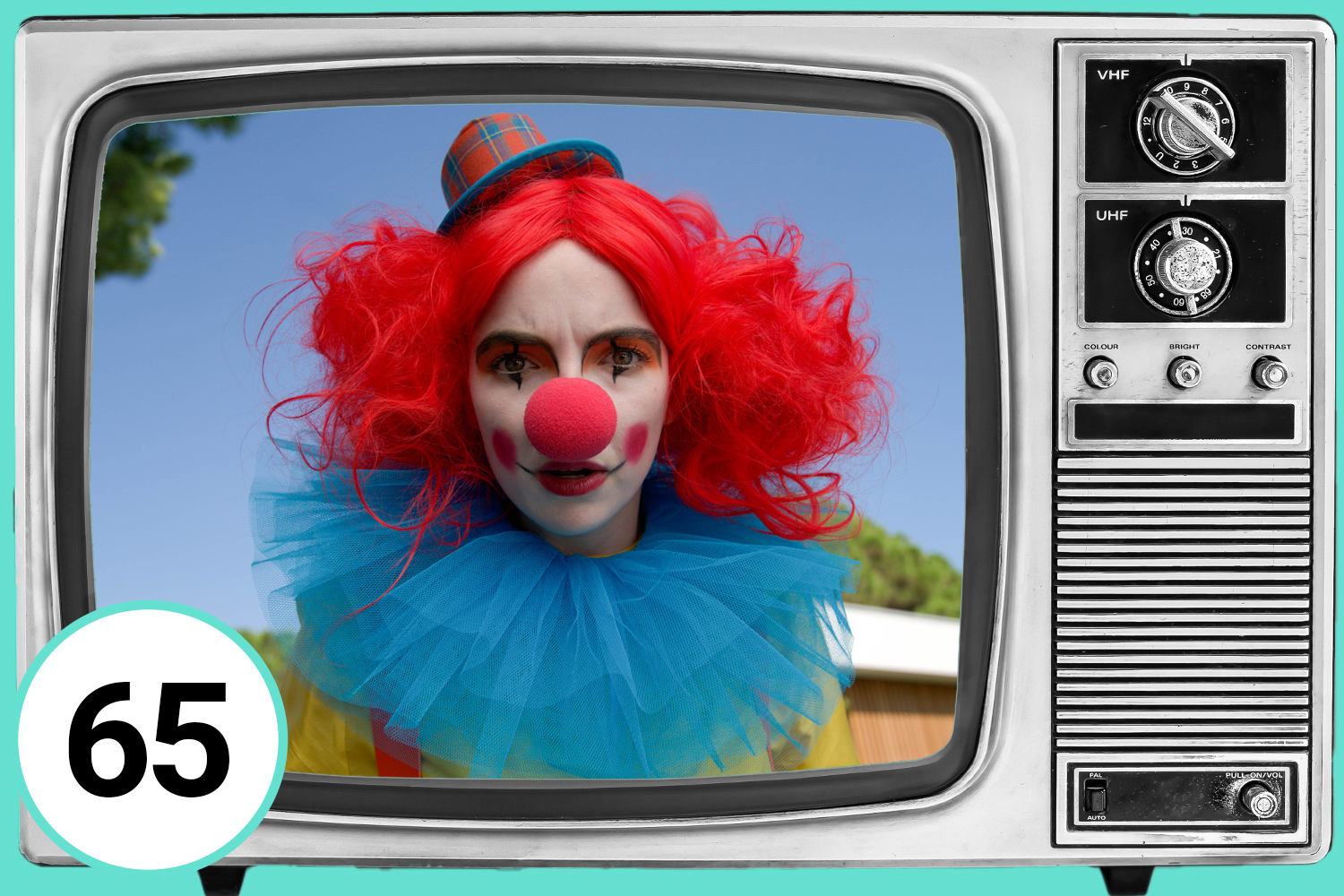
Jodie Comer as Villanelle in Killing Eve
DES WILLIE
Killing Eve (2018-22, iPlayer)
Phoebe Waller-Bridge’s adaptation of Luke Jennings’s Villanelle books burst on to our screens and never let go. This isn’t your typical spy thriller. Instead, it unfolds as a fierce, chaotic game between two women. Sharp, witty and electrified by powerhouse performances from Sandra Oh and Jodie Comer, each radiating fury and confidence, the series becomes a playground of thrilling payoffs that truly deliver. JH
64. Bodies (2004-06, iPlayer)
Some medical dramas reassure you that our hospital doctors are, behind all the stress and sleeplessness, heroic. Jed Mercurio had other ideas. His graphic whistleblower drama presents the idea of an ostensibly capable obs and gynae consultant (Patrick Baladi repeating his smoothie shtick from The Office) as frighteningly prone to bodging operations. In some ways a precursor to Line of Duty in its view of incompetence “failing upwards”, this is as unsettling as it is brilliant. JJ
• The ten best TV medical dramas — ranked by our critic
63. Catastrophe (2015-19, Netflix)
The travails of an American (Rob Delaney) and an Irish Londoner (Sharon Horgan) whose one-night stand leads to a baby and marriage — “the full catastrophe” (it’s a Zorba the Greek reference) — is a classic of modern relationship dysfunction: smart grown-ups in crisis being funny, sardonic and very rude. JJ
62. Normal People (2020, iPlayer)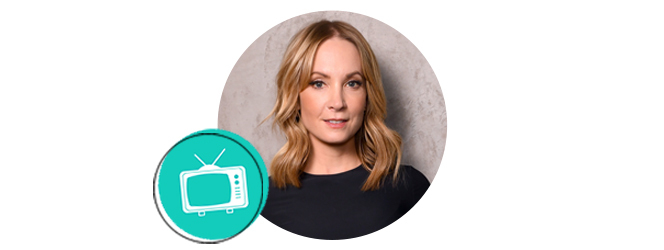
Joanne Froggatt, Golden Globe-winning actress and star of Downton Abbey, says: “This was a hugely influential drama that had a profound effect on me. It is such a raw and honest portrayal of young love, emotional vulnerability and mental health issues. The timing of its release during lockdown, when we were all craving human connection, struck a chord with so many viewers. The chemistry between Paul Mescal and Daisy Edgar-Jones is captivating, the nuanced direction from Lenny Abrahamson and Hettie Macdonald is compelling and the beautiful cinematography by Suzie Lavelle and Kate McCullough sets it apart as something really special. Adapted from Sally Rooney’s bestselling novel, Normal People remains faithful to the book while also creating an original world you want to visit. Its delicate exploration of class, identity and intimacy makes it feel modern and timeless — it was a wonderful place to escape to during those long, lockdown days.”
61. Spooks (2002-11, iPlayer)
For years British TV had failed to get a convincing spy drama off the ground. When they managed it, a year after the 9/11 terrorist attacks, they did so in a timely and classy fashion. Spooks delivers exciting, topical storylines with a vibrant, attractive young cast of spies in Tom Quinn (Matthew Macfadyen), Zoe Reynolds (Keeley Hawes) and Danny Hunter (David Oyelowo), led by Peter Firth’s incomparable boss man, Harry Pearce. It also survived multiple changes of personnel over ten series. BD
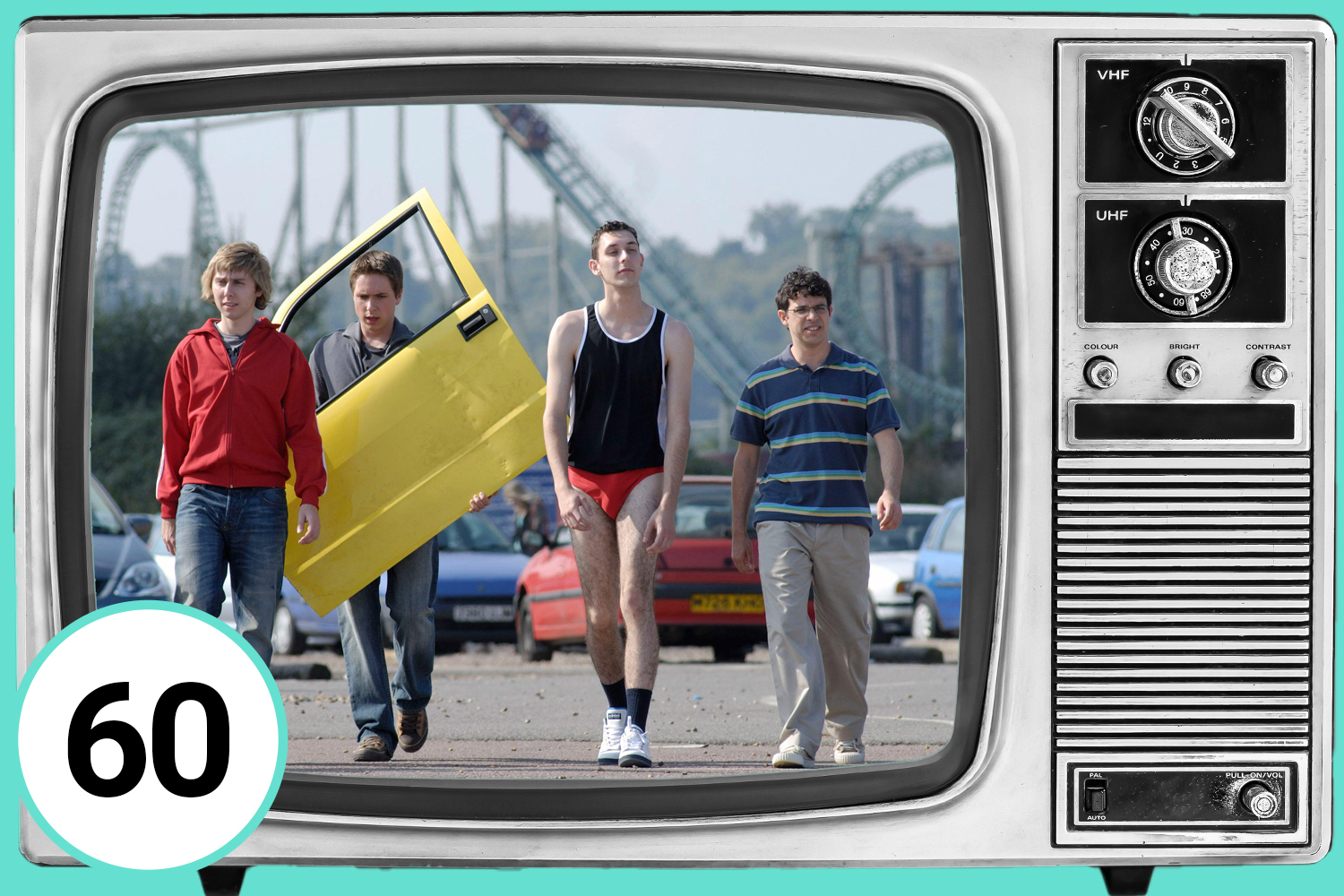
James Buckley, Joe Thomas, Blake Harrison and Simon Bird in The Inbetweeners
ALAMY
The Inbetweeners (2008-10, Channel 4 streaming)
Crass, clever and devastatingly funny, this painful portrait of growing up as a young man in suburbia remains one of the best comedies of the past 25 years. Everyone recognises the characters of Will, Simon, Jay and Neil, and it’s the theme of teenage desperation, blended with bold one-liners and occasional drop-the-mic slapstick, that makes this show a go-to for belly laughs again and again. TG
59. Call the Midwife (2012-, iPlayer)
During the dark days of the pandemic, one of the shows the BBC was most determined to get on air was the writer Heidi Thomas’s moving period drama about the birthing nuns and nurses of Poplar. A long-term fixture of the schedules and snow-sprinkled Christmas specials, it can be patronised by some. In reality it is one of the boldest and most quietly radical TV shows made by the BBC. BD
58. Small Axe (2012-20, iPlayer)
These are five films from the director Steve McQueen tackling British racial injustices from the 1960s to the mid-1980s, among them Mangrove, about the trial of black activists prosecuted for allegedly inciting a riot in Notting Hill; Red, White and Blue, a portrait of the former Met superintendent Leroy Logan, played by John Boyega; and the incredible Lovers Rock, an account of a 1980s west London house party to the sounds of Janet Baker’s Silly Games. As vivid as TV gets. JJ
57. Louis Theroux: Savile (2016, iPlayer)
Louis Theroux is the master of coaxing revealing truths from almost anyone, but one figure eluded him: Jimmy Savile. In When Louis Met … Jimmy, the documentary presenter came close, even broaching the subject of paedophilia, yet stopped short. He has since confessed that he found Savile odd rather than alarming. Sixteen years later, after Savile’s sexual abuse had come to light, Theroux spoke to some of his victims. The result is a one-off special that is revealing, brave and unflinching, an illuminating piece of television that lingers long after it ends. JH
56. Poldark (2015-19, iPlayer)
The sight of a bare-chested Aidan Turner and his scythe gave this drama set in 18th-century Cornwall the perfect publicity shot. But there is so much more to Debbie Horsfield’s fresh take on Winston Graham’s novels that many believe it improves on the 1970s classic. Intelligent with a pleasingly feelgood vibe, it was a gripping and deservedly popular Sunday night fixture. BD
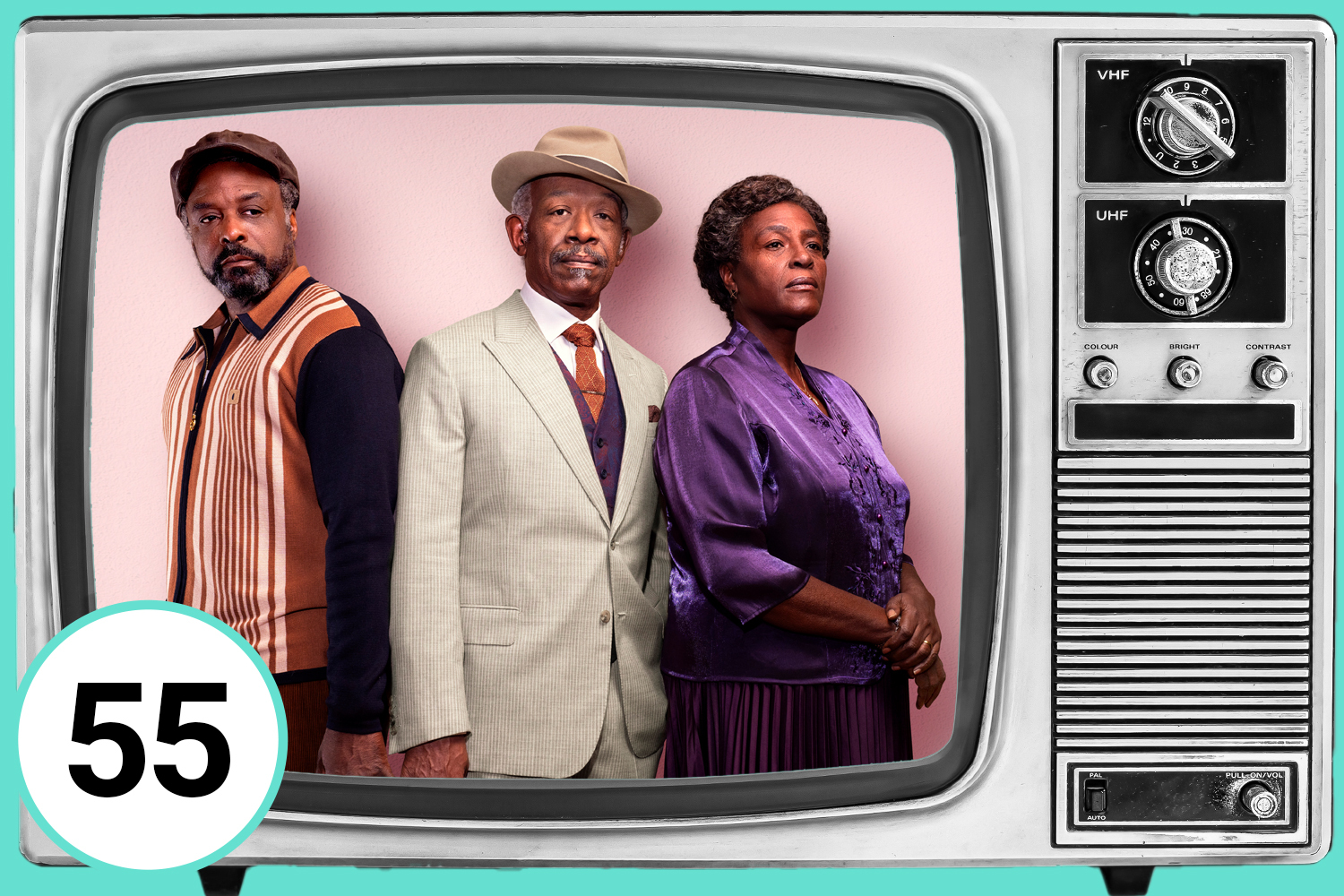
Ariyon Bakare, Lennie James and Sharon D Clarke in Mr Loverman
DES WILLIE
Mr Loverman (2024, iPlayer)
A moving story of Lennie James’s twinkly, snappily dressed and slightly fastidious east Londoner Barrington “Barry” Walker and his secret love for his best friend. While Barry’s regular inner monologues offer a sardonic and not always kindly view of married life, this eight-part adaptation of Bernardine Evaristo’s novel evolves into a moving portrait of a man facing up to his own mortality and hoping that there is still more to get from life. BD
54. Jamie’s School Dinners (2005, Channel 4 streaming)
Jamie Oliver’s bold campaign to rescue Britain’s children from Turkey Twizzlers and type 2 diabetes marked a turning point in food television. It ignited a national conversation: how did we ever come to believe that deep-fried chicken and chips could pass as a balanced meal? The push for healthier school dinners didn’t just change what was on the plate; it led to improvements in pupils’ test scores and reduced sick days. JH
53. Rivals (2024, Disney+)
Featuring an all-star cast including Aidan Turner, Katherine Parkinson, David Tennant and Danny Dyer, this frothy, funny, sexy and silly Jilly Cooper adaptation exploded on to our screens with shoulder pads and stilettos front and centre. Following the fortunes of the Rutshire media elite as they battle it out for control of the local TV franchise while bonking each other’s spouses, this comedy-drama takes the young and old back to the Eighties. TG
• Jilly Cooper’s raunchy Rivals: ‘You will see a lot of willies’
52. Big Brother (2000-, ITVX)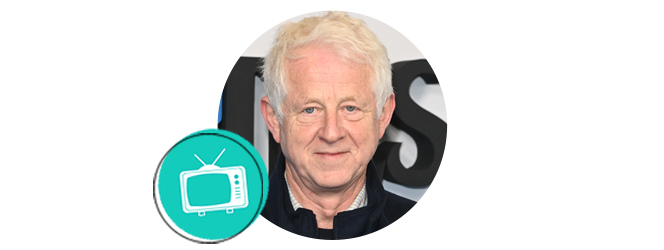
The award-winning writer and director Richard Curtis says: “It’s hard to deny that Big Brother is an epically influential show. It started on the dot on 2000 — today, various members of my family are watching Love Island, The Traitors, Love Is Blind, about four different Real Housewives, The Secret Lives of Mormon Wives, Love on the Spectrum, The Kardashians … and that’s just scratching the surface of what’s available. America has a president who hosted The Apprentice. There had been reality shows before — and perhaps Big Brother and Survivor in America are co-parents — but it’s an astonishing, profligate legacy. It changed the way we watched television.
It was interactive and, when it first started, was all we talked about for day after day, year after year. I felt it was completely new in the detail with which we could watch other people — the interest we had in them: especially I felt we could actually watch people fall in love, in close-to-real life. And then there was Celebrity Big Brother for Comic Relief, which made us a fortune and was catastrophically chaotic. And Davina McCall was always so great.”
51. The Hollow Crown (2012-16, Prime Video)
Seven Shakespeare history plays, the first four scheduled as a celebration of British culture to coincide with the 2012 Olympics. It works perfectly, helped by a simply outstanding cast: Ben Whishaw as a twitchy Richard II, Simon Russell Beale’s wonderful Falstaff, Tom Hiddleston as the dissolute Prince Hal. To put it bluntly, it is never remotely boring. How could it be with Benedict Cumberbatch’s Richard III hobbling into the fray? JJ
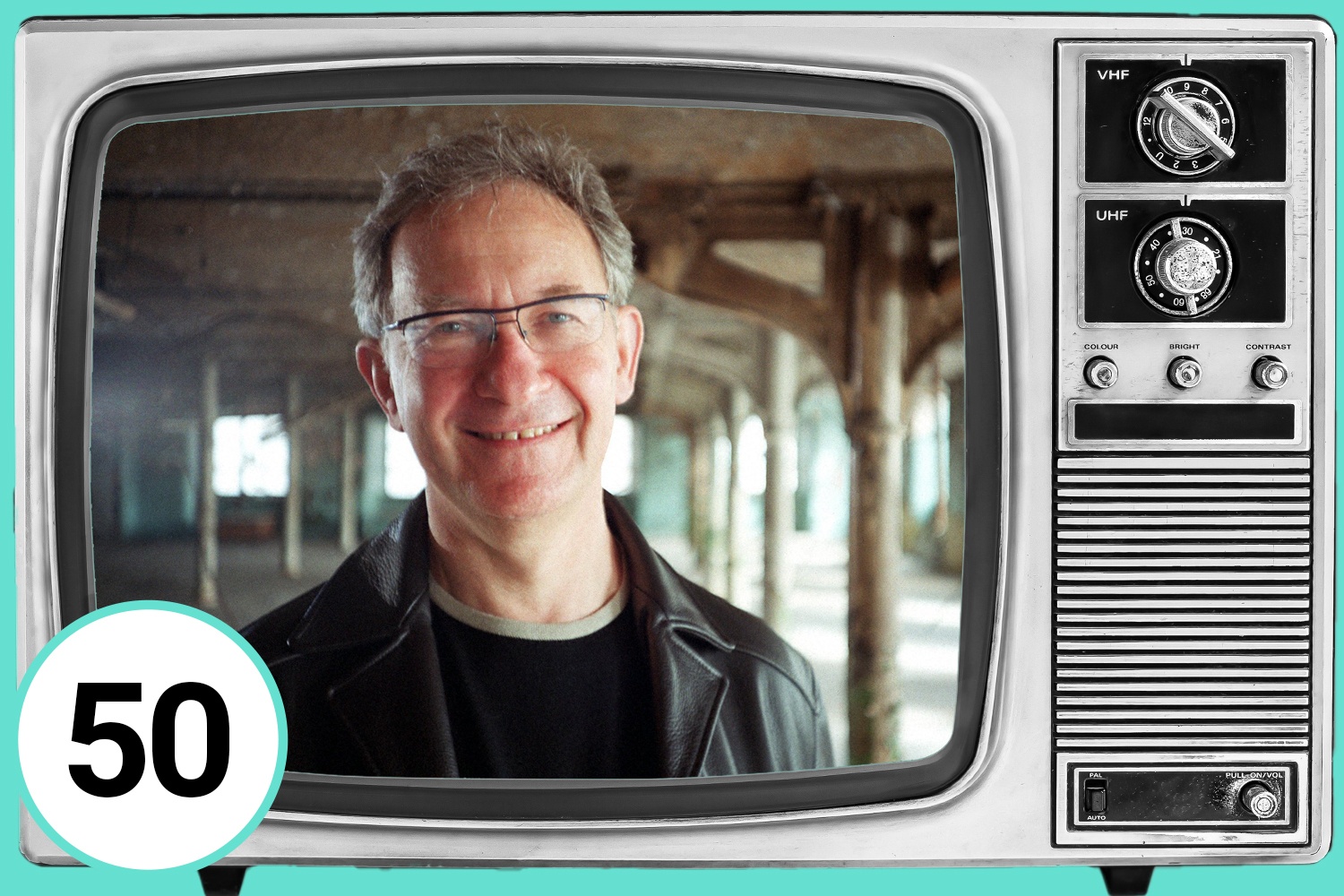
Simon Schama presents A History of Britain
BBC
A History of Britain (2000-02, buy/rent)
The great historian Simon Schama’s energetic gallop through our island’s long and complex story may have been the last time a presenter-led history programme delivered the kind of appointment-to-view television that got the nation talking. And the reasons are many. Yes, this was one of the pioneers of those “actors re-enacts history” shows that are now a 21st-century plague across the small screen. But the main draw is the power of Schama’s clear and bold narrative that marries razor-sharp analysis with a propulsive and coherent argument that makes every area of his subject feel fresh, compelling and relevant. BD
49. Inside No 9 (2014-24, iPlayer)
Having been consigned to the dustbin at some point in the 1980s, the anthology series came back into vogue in the 2010s. Channel 4/Netflix’s Black Mirror grabbed headlines, but the more quintessentially British Inside No 9 is even more mischievous. You don’t feel the former would come up with a farce in blank verse (the episode titled Zanzibar) or a live horror special (Dead Line), or a heist episode by way of commedia dell’arte (Wuthering Heist). A pick’n’mix of brilliance. JJ
48. Top Boy (2011-23, Netflix)
Inspired by a real-life glimpse of a boy dealing drugs outside a Hackney Tesco, Ronan Bennett’s brutal drama is nothing short of electrifying. Set on the fictional Summerhouse estate, it’s a gripping, morally complex portrait of power, poverty and survival. Originally shown on Channel 4, resurrected by Netflix (with Drake’s backing), it became essential British television. Ashley Walters and Kano deliver blistering performances as Dushane and Sully, navigating loyalty and ambition in a world with no easy choices. This isn’t just Britain’s answer to The Wire — it’s an indictment of inequality, and one of the most revealing dramas of its generation. JH
47. This Is Going to Hurt (2022, iPlayer)
Ben Whishaw is magnificent as an overworked NHS doctor on the edge in the BBC’s poignant, powerful and darkly funny adaptation of Adam Kay’s diary of life on an obs and gynae ward. Hitting screens in the immediate aftermath of Covid’s ravaging effects on our health service, the show struck a chord with audiences, offering a bleak depiction of the mental and physical toll of being a doctor in modern Britain. TG
46. The Power of Nightmares (2004, iPlayer)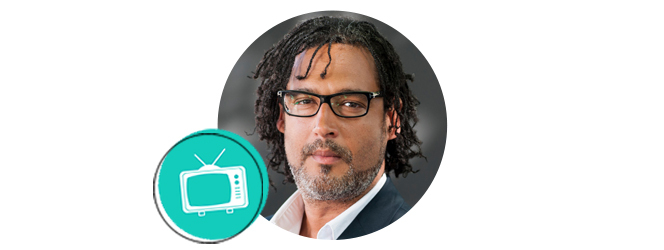
The broadcaster and Bafta special award winner David Olusoga says: “It’s difficult to decide which Adam Curtis documentary series from the past 25 years is the most brilliant. But The Power of Nightmares would have to be in the running. Reviewers tend to fixate on Curtis’s use of archive and unique editing style. Yet what is really unique is that in an age when documentaries were becoming increasingly formulaic, Curtis is able, somehow, to reject TV’s addiction to cliché and propensity to overexplain everything. He creates films that do what TV does best: tell stories. In The Power of Nightmares he tells the origin story of the ideas that shaped the early 21st century.”
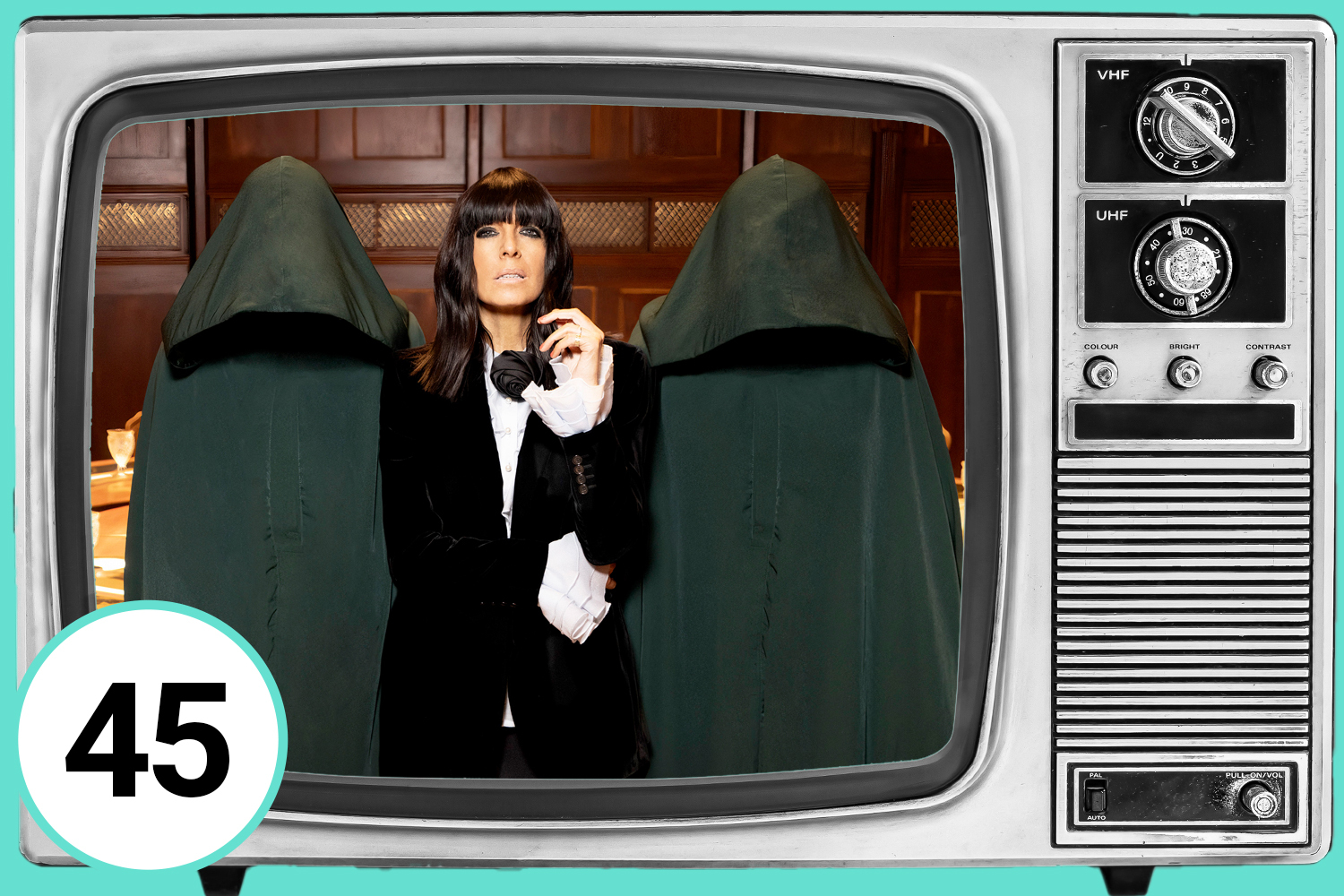
Claudia Winkleman hosts The Traitors
CODY BURRIDGE/BBC
The Traitors (2022-, iPlayer)
British TV had been crying out for a proper new blockbuster reality TV format for more than two decades when The Traitors arrived, and wow, did it deliver. The concept could hardly be more simple: it’s a parlour game, played by millions, and has already delivered surely the most explosive reality TV moments we’ve seen. It also happens to be perfectly structured for the times we live in. Each episode is unmissable at the start, and utterly unmissable at the end, with a solid half an hour “challenge” section in the middle, where you know you can stare at your phone and get away with it. TP
• I found out what it’s really like to play The Traitors
44. Motherland (2016-22, iPlayer)
Few comedies have so perfectly captured middle-class parental angst as Motherland. All life is here (at least, those who regularly attend school drop-off) with Anna Maxwell Martin playing Julia, a stressed-out working mum with a lazy husband, and Diane Morgan displaying effortless cool as Liz, a single mother who frankly couldn’t give a toss. Lucy Punch makes for a fabulously ghastly alpha mum called Amanda, who is so good she got her own spin-off. BD
43. The Gathering Storm (2002, Apple TV+)
As TV Churchills go, John Lithgow was superb in The Crown, but a comparable tour de force comes from Albert Finney. As a lone voice against appeasement in the Commons, he is in personal crisis, the black dog growling. Yet even as he quotes Pushkin — “I’m down and out. I’m buggered up” — it’s a warm, magnetic depiction of the man, with splendid supporting performances from Vanessa Redgrave and Ronnie Barker. JJ
42. Luther (2010-19, iPlayer)
Idris Elba delivers a powerhouse performance in this moody psychological thriller as DCI John Luther, a flawed London detective working in the serious crime unit. Luther is an obsessive, dark, destructive character, who becomes entwined in a complex relationship with the serial killer Alice Morgan (played with quiet brilliance by Ruth Wilson). Boundaries are blurred, as the show takes its viewers down a morally ambiguous path. TG
41. Dragons’ Den (2005-, iPlayer)
The Apprentice gave us annoying, overconfident youngsters whose first word was “money” not “mummy”, but Dragons’ Den’s appeal as business-tainment has always been the clever ideas. The revolving cast of dragons helps to keep it fresh, but the reason it’s still going after 20 years is that we’re a nation of shopkeepers. The den offers a conveyor belt of fascinating new products and services for us to admire. TG
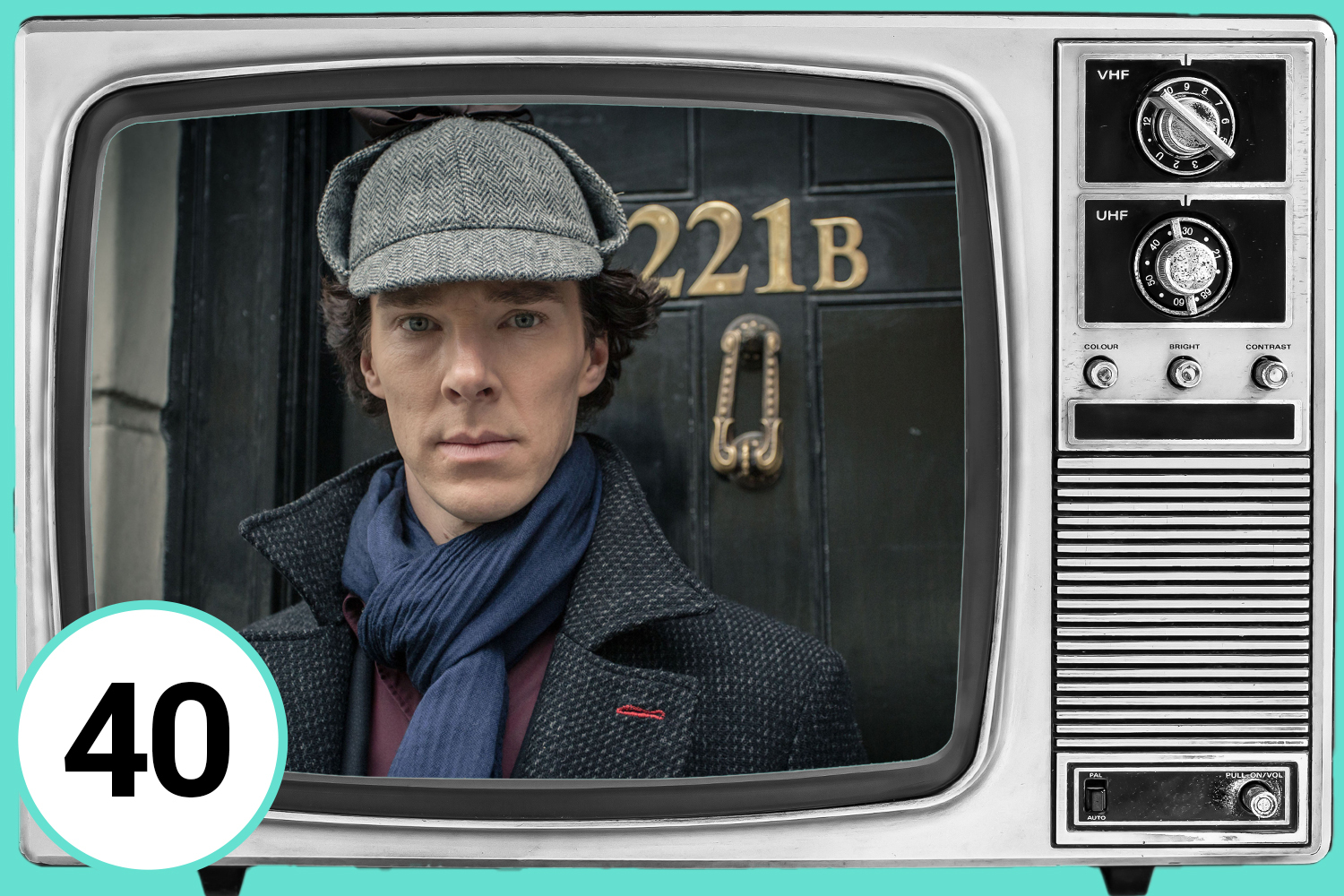
Benedict Cumberbatch as Sherlock Holmes
BBC
Sherlock (2010-17, iPlayer)
Mark Gatiss and Steven Moffat’s Sherlock takes a risk by modernising a classic. Funny, cerebral, quirky, inventive and brilliantly performed by Benedict Cumberbatch as Sherlock and Martin Freeman as John Watson, it is addictive viewing. It also gave us a wittily superb Andrew Scott as the genius villain Moriarty. Alas, there are only 13 episodes. Ah well. Leave them wanting more. Carol Midgley
39. Skins (2007-13, Channel 4 streaming)
Nicholas Hoult, Dev Patel, Kaya Scodelario, Jack O’Connell: the list of stars who got their start on this groundbreaking teenage drama is testament to its influence. It offers a warts-and-all depiction of a group of young people growing up wild in Bristol, and unflinchingly tackles topics including mental health, sexuality and substance abuse. TG
38. Three Girls (2017, iPlayer)
There was a mid-2010s trend for dramas based on crime cases that shocked Britain (Damilola, Our Loved Boy; The Moorside; Little Boy Blue), but the most disturbing and far-reaching is the BBC’s brave depiction of the Rochdale grooming scandal, originally exposed by The Times in 2011. It is queasy, even sickening viewing, but very powerful, and succeeded in raising questions about why the girls were failed by the authorities. JJ
37. Broadchurch (2013-17, ITVX)
Even as early as 2013 there were those saying that event TV was finished. Chris Chibnall’s whodunnit, set in a seaside town rocked by the murder of a young boy, proved them wrong. Viewers were glued to ITV weekly, newspapers and websites wrote endlessly about the show and the Latimer family were discussed in pubs up and down the land. With a stellar cast — David Tennant, Olivia Colman, Jodie Whittaker and Andrew Buchan — this is British crime drama at its most compelling. TG
36. Rev (2010-14, iPlayer)
How many sitcoms conclude with the arrival of God, played by Liam Neeson in a tracksuit? Rev’s portrait of clergy life eschews the traditional sitcom stereotype of buffoon in straw hat with goofy teeth. Tom Hollander’s central character is gentle, funny, steely and with a winning vulnerability that makes you love him. Just like God does. BD
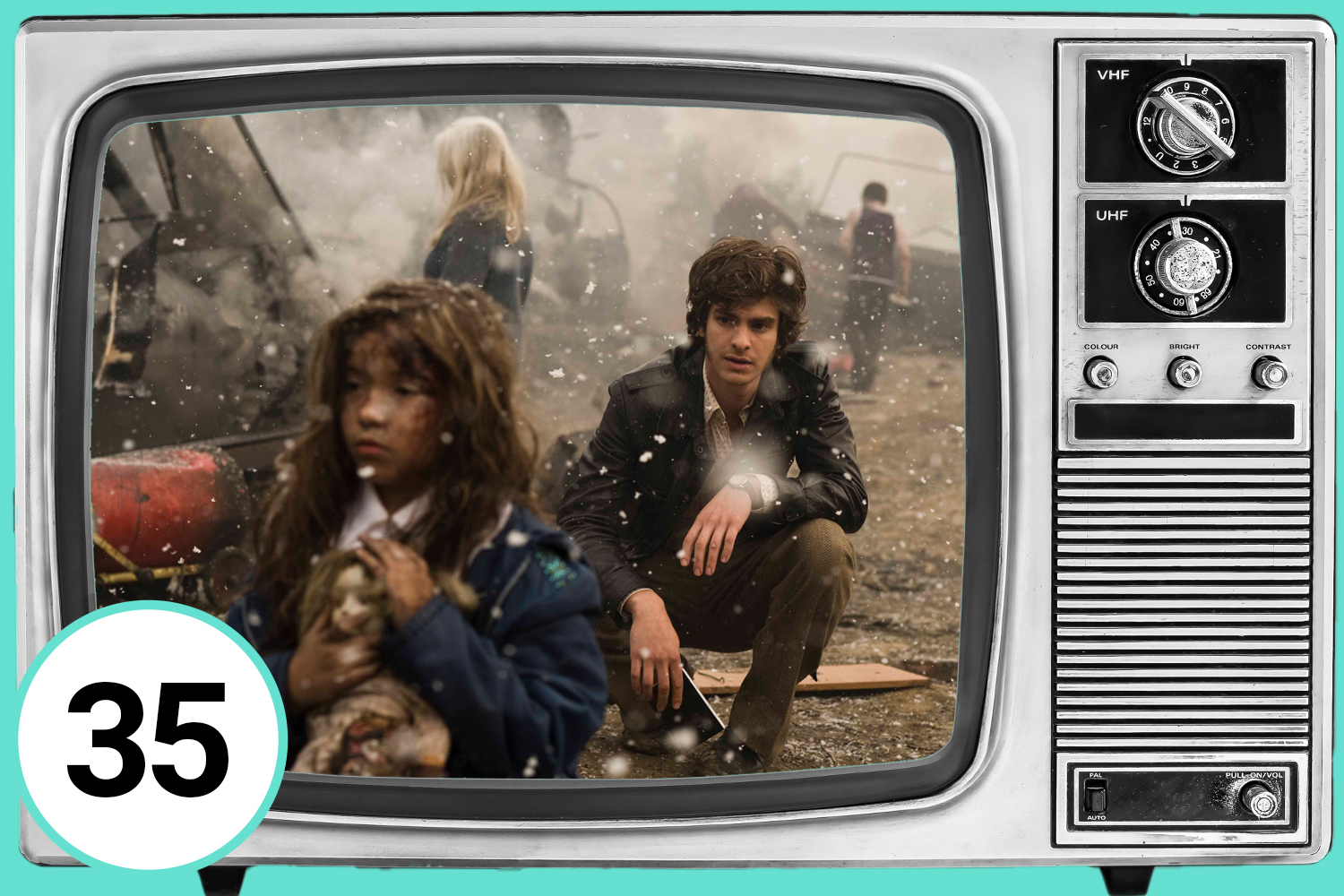
Andrew Garfield as Eddie Dunford in Red Riding
PRIME VIDEO
Red Riding (2009, Prime Video)
David Peace’s Red Riding Quartet was the formidable source material for this trilogy of films set around the terrors of the Yorkshire Ripper. Tony Grisoni’s adaptations catch both the brutal grimness of the bad old days and something of Peace’s hallucinatory prose, while a superb cast — David Morrissey, Lesley Sharp, Sean Bean — facilitate the disturbing portrayal of bone-deep moral rot and institutional corruption. The police officers’ toast — “To the north, where we do what we want” — makes you shudder. VS
34. Mr Bates vs the Post Office (2024, ITVX)
Few dramas in British TV history have given a voice to the real people behind a national scandal — and changed the political landscape. The true story of the persecution of sub-postmasters and mistresses by suited investigators accusing them of fraud gave Gwyneth Hughes a ready-made David and Goliath tale. The nation was so enraged that something was actually done. BD
33. The Night Manager (2016, iPlayer)
Some way from the drab London skies of Tinker Tailor Soldier Spy, the sleek TV adaptation of 2016 makes John le Carré sexy. Yet there is also a real sense of danger as Tom Hiddleston’s vengeful Jonathan Pine is reeled into the court of Hugh Laurie’s Old Etonian arms dealer. Oozing charm with an edge of threat, Laurie is Bertie Wooster turned James Bond villain. But there is little that’s funny about this lethal, wholly compelling world under the Mediterranean sun. JJ
32. Gogglebox (2013-, Channel 4)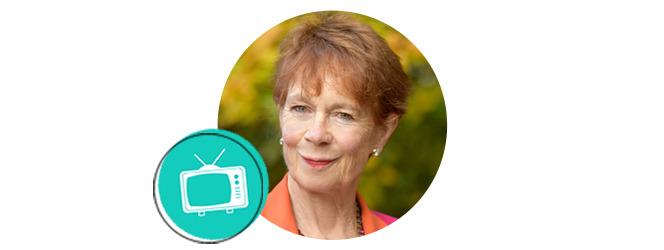
The award-winning actress Celia Imrie says: “What I love is imagining the day the person who invented Gogglebox went into the offices of the television executives, proposing a brand-new programme about watching people watching television. Very often the participants’ criticisms are honest, witty, and completely on the button. And it’s a jolly useful way — and shortcut — to happy viewing. I’m so glad the executives took a chance on such an original and refreshingly varied real-life television series.”
31. The Beatles: Get Back (2021, Disney+)
Even more striking than seeing John, Paul, George and Ringo looking so young and rock-star cool is the quality of the restored footage from the 1970 Let It Be sessions. It looks as if it was filmed yesterday and, over three immersive films, we watch I’ve Got a Feeling, Let It Be and the rest start to come together. So many moments: George quitting, Peter Sellers being awkward, the police raiding that rooftop appearance. A time capsule like no other. JJ
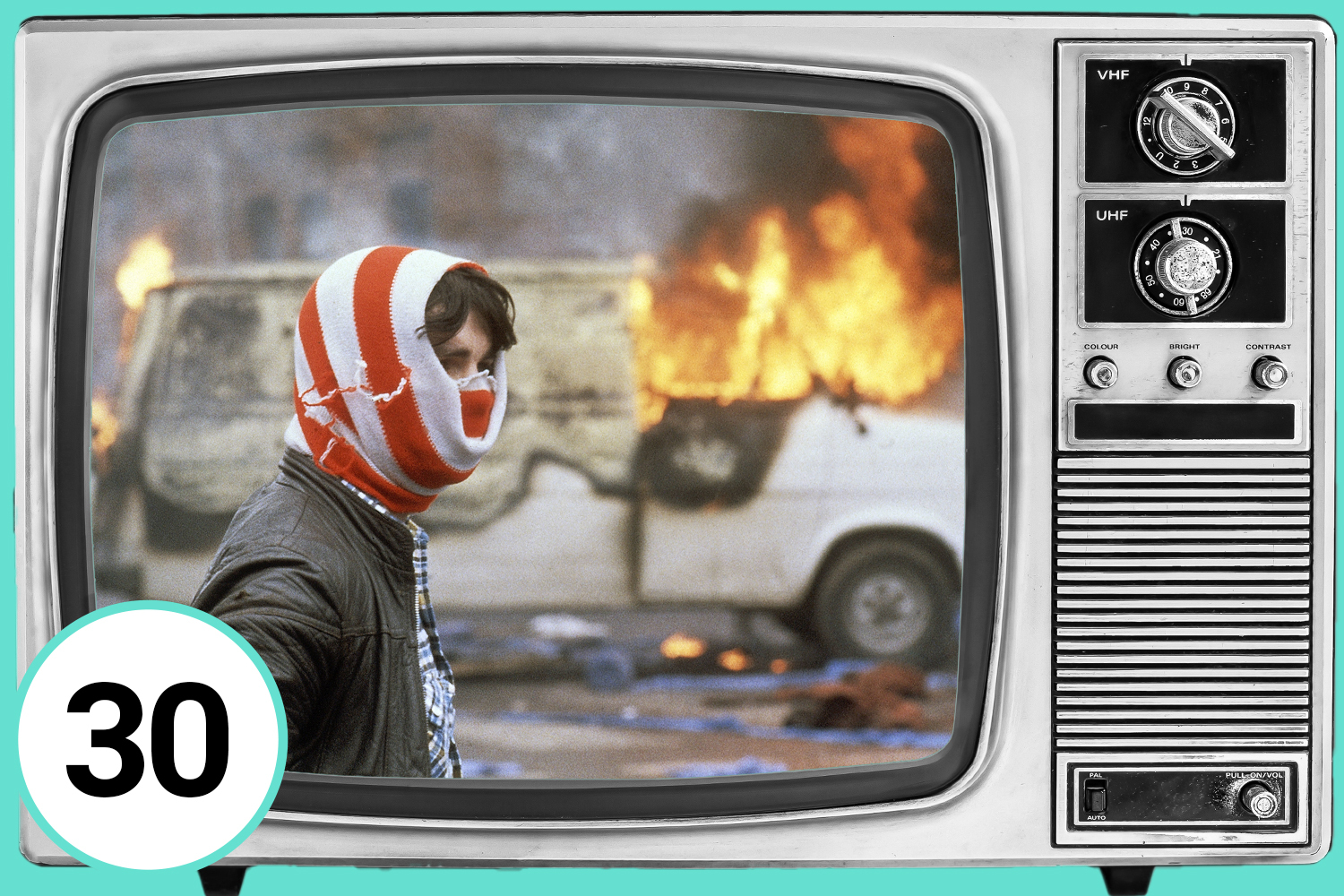
Once Upon a Time in Northern Ireland
ROBERT DEAR/BBC
Once Upon a Time in Northern Ireland (2023, iPlayer)
James Bluemel’s documentary tells of the darkest chapter in Northern Ireland’s history, charting the story of the Troubles from the 1960s civil rights movement through three decades of violence and destruction that tore communities apart. It is expertly stitched together from archive footage and interviews with republican and loyalist paramilitaries, British soldiers and ordinary people. Its moving testimonies cast a new perspective on a tumultuous time. TG
29. A Very English Scandal (2018, Prime Video)
It’s common knowledge that Hugh Grant is getting better with age, and with more amoral roles. For proof you could look to Paddington 2 or Heretic or, on the small screen, his Jeremy Thorpe in Russell T Davies’s terrific three-parter. As the Liberal leader who seduced, then plotted to kill, his secret gay lover — the hapless Norman Scott — Grant was debonair yet slightly sinister in his hubris. Rarely was a drama so comic and tragic in equal measure. JJ
28. Baby Reindeer (2024, Netflix)
Richard Gadd’s tale of stalking and sexual abuse is a complex, gripping and brutally honest drama. It’s also a dark study in trauma, which at times borders on horror. Gadd manages to blend light with shade as he is terrorised by Jessica Gunning’s chilling Martha and haunted by his experiences at the hands of the abusive TV writer Darrien. After internet sleuths identified the “real Martha”, Gadd and Netflix fielded questions about how much of the show was true and what was artistic licence. TG
27. The Great British Bake Off (2010-, Channel 4 streaming)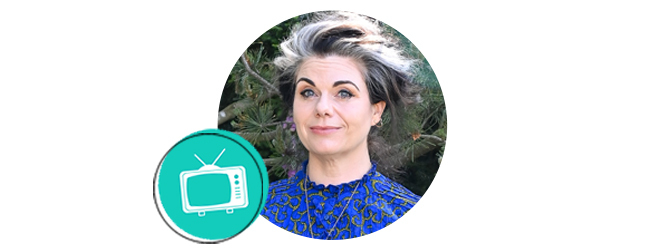
Caitlin Moran says: Look, I love dramas. I love sitcoms. And without classy documentaries, all our brains would fall out of our arses. But what do I watch most? Competitive reality TV concepts: First Dates, The Apprentice. That pottery thing with the crying dude. And which is the best? Bake Off. Obviously it’s Bake Off. Britain’s greatest gift to the world in the past century. So wholesome, it’s the emotional opposite of a panic attack. Bunting. Pastel crockery. And then, often, suddenly, unexpectedly — a cake, or pie, so spectacular, it should be in a museum as folk art. The make-up of the tent is the make-up of the country: white, brown, black, gay, deaf, straight, old, young. Genuinely eccentric, and incredibly dull. I can watch, and have watched, four episodes back to back. It’s there for when life is awful. For when you need something that is more than just TV: when you need to enter a serotonin/dopamine dream of the country we live in.
26. The Blue Planet (2001, iPlayer)
Oceans cover 70 per cent of the Earth’s surface and even now remain largely unexplored. But in The Blue Planet David Attenborough opened up the deep to a mass television audience. We were shocked by orcas hunting grey whales, but enchanted by the mating ballet of colour-changing squid and raccoon kits learning how to tackle a red rock crab. It was followed by Blue Planet II (2017), with its footage of a turtle entangled in plastic, and the “Blue Planet II effect” became shorthand for the way viewers pressured the government on plastic waste. Damian Whitworth
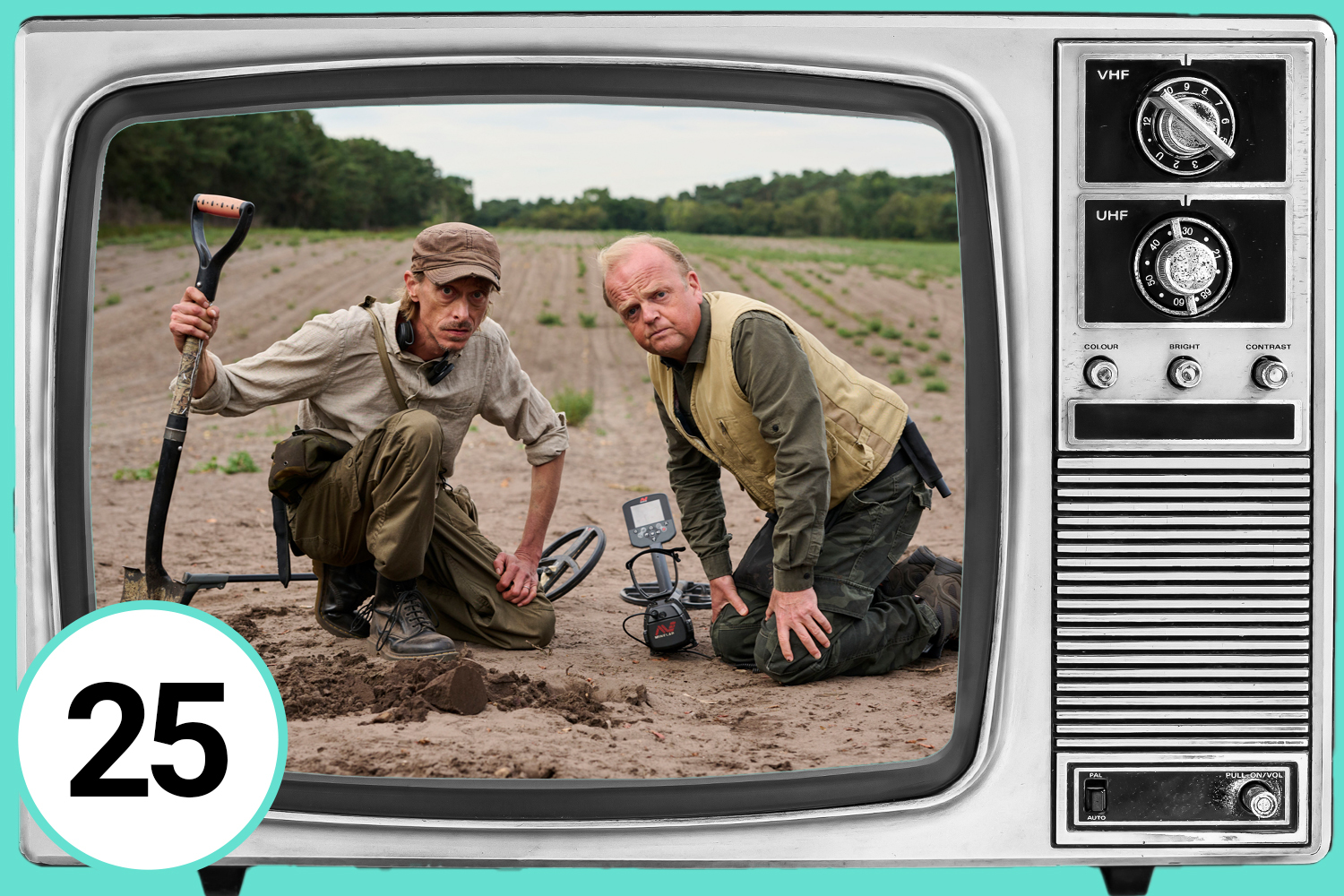 Detectorists (2014-17, iPlayer)
Detectorists (2014-17, iPlayer)
As finely wrought but solidly constructed as the medieval artefacts Lance (Toby Jones) and Andy (Mackenzie Crook) so hope to find, Detectorists is a glorious celebration of small lives in village halls and big dreams in Essex fields. It is also a testament to the power of top-notch writing. With this, Crook wrote (and directed) possibly the most English of shows, with the two leads bickering over everything from tea making (“Tea without sugar is just vegetable soup,” Lance says) to Fiona Bruce, all the while searching for an Anglo-Saxon burial site. Yet Detectorists has been a deserved global hit. And that’s because its main themes — friendship, futility and the magic of history — are universal. Plus, it’s really funny. Hadley Freeman
24. Bleak House (2005, iPlayer)
One of the first British dramas to be shot in high-definition, Andrew Davies’s masterly adaptation (playing at more than eight hours in 15 episodes) has been said to have given Dickens the soap opera treatment. It does so much more, brilliantly capturing the profound complexity of the story, aided by a superb cast including Anna Maxwell Martin as the heroine, Esther Summerson and Gillian Anderson as an unforgettably haunted Lady Dedlock. BD
23. This Is England (2010-15, Channel 4 streaming)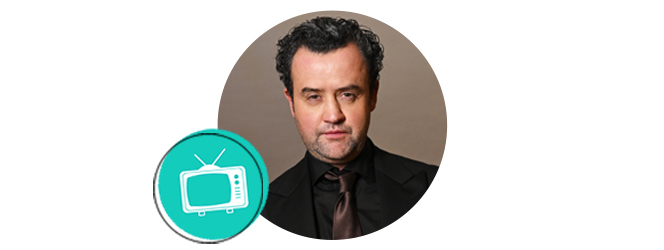
The actor Daniel Mays, Bafta-nominated for Line of Duty, says: “As an actor starting out I was drawn to the movies of Shane Meadows. My favourite was This Is England. Thomas Turgoose as Shaun, and his rite of passage through a turbulent 1980s Britain, was an instant shot in the arm. I remember the announcement of the TV series in 2010 and feeling a degree of dismay that it would tarnish the experience of the movie. How wrong I was. With three subsequent series (’86, ’88 and ’90), Meadows revisited the characters, even exploring the lives of the smaller, supporting players that in turn forced us to delve into the hopes, fears and traumas of his subjects in a deeper, funnier and more profound way. None of this would have been possible without the performances of one of the best young ensembles — Stephen Graham, Vicky McClure and Johnny Harris, to name but three. There were moments when their acting was so real it was like watching an old photograph of your mates come to life.”
22. Gavin & Stacey (2007-24, iPlayer)
What is it about a minor rom-com that made it take off and end up with 20 million viewers watching the finale? Perhaps because it feels like such a warm celebration of how romance can bring together families, how it can bridge nations. Rob Brydon’s Uncle Bryn, Alison Steadman’s garrulous Pam and, most of all, Smithy and Nessa (the show’s writers, James Corden and Ruth Jones) are characters up there with Del and Rodney as the most loved of all. Tidy. JJ
• What Gavin & Stacey tells us about Britain today
21. It’s a Sin (2021, Channel 4 streaming)
An exuberant and heartbreaking series from Russell T Davies that follows a group of gay men through the Aids epidemic in 1980s London. Featuring a cast of young Britons including Olly Alexander and Callum Scott Howells, “this show is history as we’d never seen it”, says the five-time Bafta-winning writer Jack Thorne. “Davies finds a way to blend joy and anger and then twist both up — and some ice and spice — and make us feel something completely different. A master at work.”
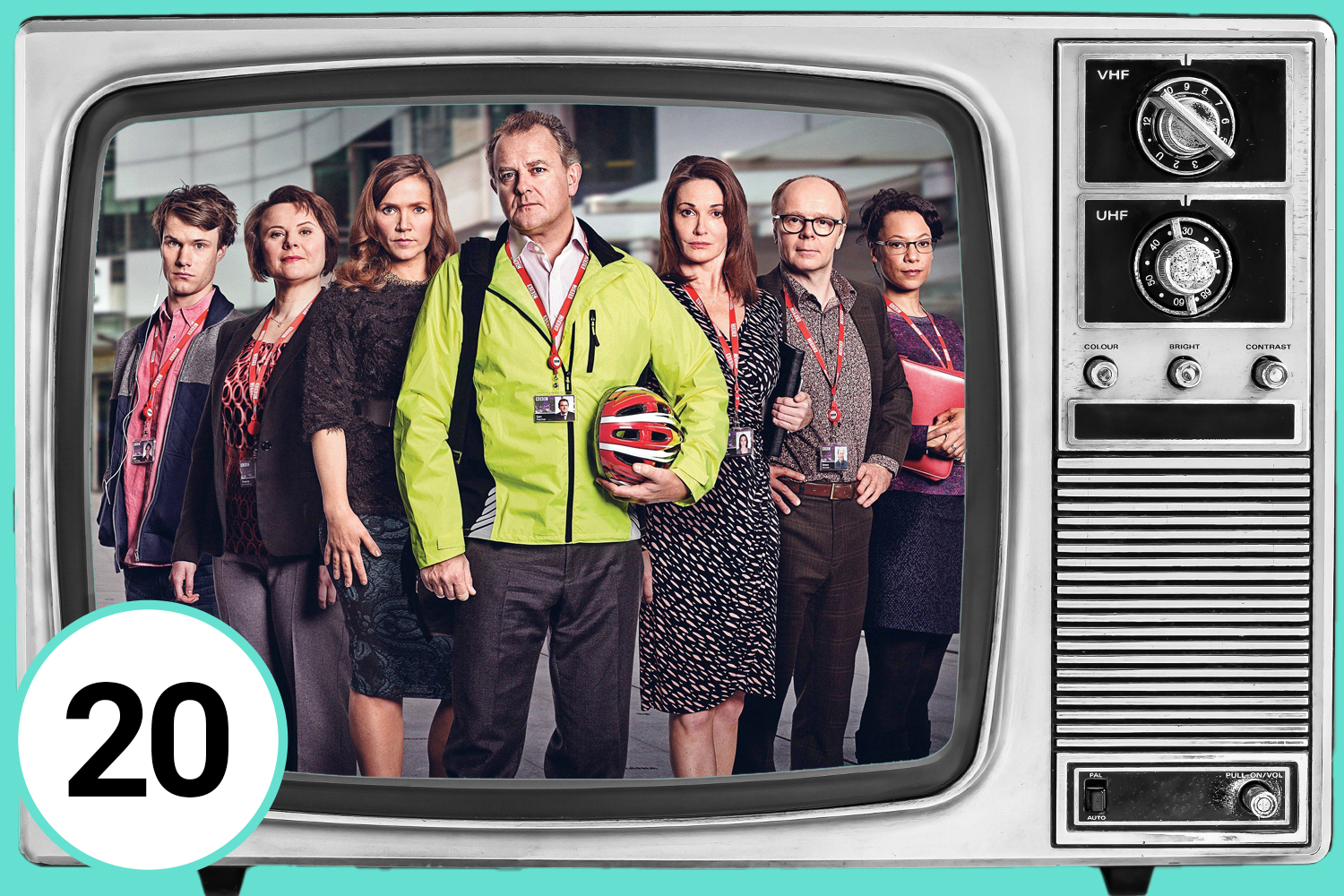
Hugh Bonneville stars in W1A
JACK BARNES/BBC
W1A (2014-17, iPlayer)
There are two schools of thought about W1A: that it’s the BBC being very pleased with itself about spoofing its mandarins, or that it’s the funniest self-satire of the past 25 years. Every time the BBC is stuck in its latest bout of hand-wringing, it’s hard not to imagine Hugh Bonneville’s useless “head of values” in a crisis meeting room or Jessica Hynes’s vacuous branding guru, spouting: “Nobody watches television any more. Get over it. That’s not an overstatement … that’s an uberstatement.” JJ
19. Top Gear (2002-22, iPlayer)
Could this be the best motoring show … in the world? Or is it even a motoring show? Because the truly beautiful thing about Top Gear, when it was ingeniously reimagined by Jeremy Clarkson and co, was that it became so much more. Clarkson, James May and Richard Hammond — the id and ego to the main man’s super-ego, perhaps — blended perfectly to produce a show with so many neat editorial touches, such as the Stig and Star in a Reasonably Priced Car. But it is about so much more than what happens on four wheels. Male friendship, ageing and, yes, when it all came crashing down, human folly. BD
18. The Crown (2016-23, Netflix)
Peter Morgan’s ambitious six-series dramatisation of the reign of Queen Elizabeth II changed many people’s viewing habits. The glossy, huge-budget drama with a revolving lead cast heralded the start of a new premium television age where BBC, ITV, Channel 4 and HBO were no longer the only players in town, and Netflix proved it was capable of producing grown-up global hits. The debate about what was truth and what was fiction gave each new series a healthy dose of publicity, and helped to elevate the show to one of the most watched and talked-about of the past decade. TG
17. Slow Horses (2022-, Apple TV+)
A series about spies isn’t so special, but a series about misfit spies headed by Gary Oldman looking so unhealthy you can almost smell the Scotch and sweat through the screen? That is special. Much of Slow Horses’ brilliance is in the cynical dialogue. “How’s the drinking?” a doc asks Oldman’s Jackson Lamb. “Fine, thanks!” Lamb is majestically rude to his underlings. “You’re fired. I’ve got haemorrhoids that are more f***ing use than you,” George Smiley never said. You could quote this show all day. JJ
16. Peep Show (2003-15, Channel 4 streaming)
Co-written by Sam Bain and a pre-Succession Jesse Armstrong, Peep Show started in 2003 as a kind of 21st-century Likely Lads with a gimmick — it’s filmed from the perspective of straight-laced Mark (David Mitchell) and feckless Jez (Robert Webb), whose thoughts are revealed as voiceovers. When it ended after nine series (and no duff episodes), it had become the weirdest, bleakest and funniest sitcom British TV has produced. Even if you have never eaten a barbecued dog, impregnated your ex-wife or accidentally released a snake in a soft-play centre, there’s a bit of Jez and Mark in all of us. Sarah Ditum
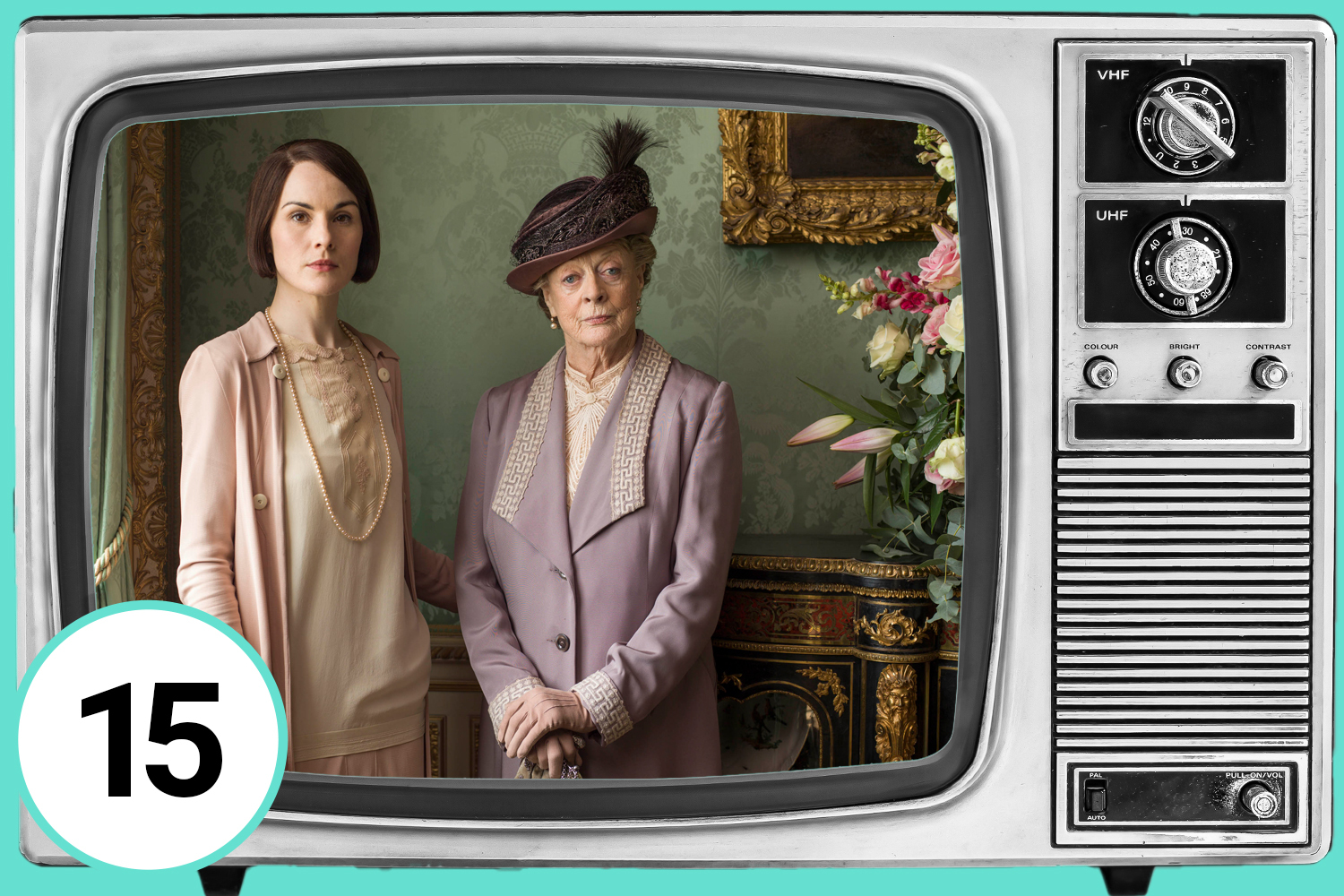
Michelle Dockery and Maggie Smith in Downton Abbey
NICK BRIGGS
Downton Abbey (2010-15, Netflix)
Julian Fellowes’s gloriously soapy saga single-handedly reinvigorated television’s period drama market, not only taking British screens by storm but also becoming a breakout hit across the Atlantic. An upstairs-downstairs story of the Crawley family and their servants living in a Yorkshire country house between 1912 and 1926, it gives us loveable characters, dastardly baddies, forbidden love, historical intrigue and stylish visuals. And then there’s Dame Maggie Smith’s dowager countess, a one-woman one-liner machine who elevates every scene she’s in to eleven. Tim Glanfield
14. I May Destroy You (2020, iPlayer)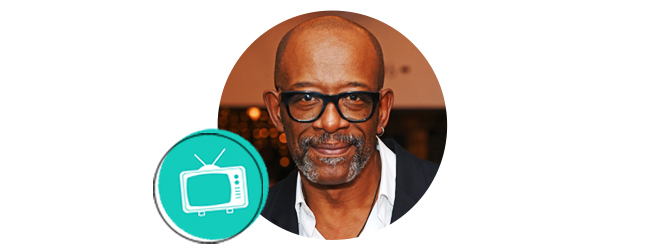
Lennie James, who won this year’s Bafta best actor award for Mr Loverman, says: “How Michaela Coel turned such a terrible moment in her life into such a searing, funny, heartbreaking, insightful, triumphant and important piece of TV is beyond me. Her exploration of sexual assault and its aftermath is so thorough, brave, unexpected and surprisingly beautiful. Over 12 episodes she takes us to places that scared us, made us uncomfortable, questioned us, repelled us, thrilled us, taught us and, in a masterly last episode, sat us on our arses wrung dry. With stunning performances by Coel, Weruche Opia and Paapa Essiedu, I May Destroy You is something rare — TV that is so much better than you ever expected it could be.”
13. Peaky Blinders (2013-22, iPlayer)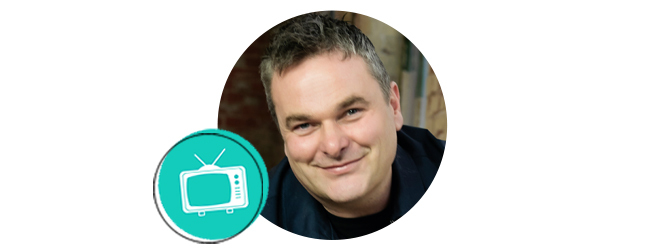
Writer of the Bafta-winning Blue Lights, Declan Lawn, says: “Tommy Shelby arrived on TV fully formed. Like all great television characters, he was unique and a metaphor for something much larger; a society that had been brutalised by the industrial slaughter of the First World War. Peaky Blinders is a rollicking crime drama about a broken society that from start to finish never forgets the essential lesson of TV; that audiences might come for the premise, but they will stay for the characters. Tommy and his regular utterances are unforgettable, which is a rare thing these days. This show remains the standard of TV writing to which I aspire. By order of the Peaky Blinders.”
12. Black Mirror (2011-25, Netflix)
Charlie Brooker’s dark anthology series went global after moving from Channel 4 to the bigger bucks of Netflix in 2016, and no other show taps so disquietingly into anxieties about the way tech is taking over our lives. Tom Whipple, the science editor at The Times, says: “It’s the episodes that now feel hackneyed that are the most disquieting. There’s the fourth episode, where relatives of a recently deceased person use social media posts to construct an AI bot of their loved one. Companies can now do this. There’s an episode in which every interaction people have is rated, giving them a score that determines their social standing. China has this. Then there’s the 13th episode, from 2016, where autonomous drones mercilessly kill people. Black Mirror is, of course, excellent drama. But, seven seasons on, the really unsettling genius of it is that it is also prescient. When it started, it presented us with near-future dystopias Then the near future came and we found we were in them.”
11. The Thick of It (2005-12, iPlayer)
Fuelled by Armando Iannucci’s anger at Tony Blair’s decision to invade Iraq, The Thick of It set a new bar for political satire when it swore its way on to our screens in 2005. Yes Minister showed how things didn’t get done. House of Cards did scheming. The Thick of It gives us the full omnishambles — “from bean to cup, you f*** up”. In Malcolm Tucker, the Gorbals Goebbels, the message is clear. Politics has changed. It no longer matters what you do, just how you present it. The Sir Humphreys have given way to the spin doctors. Or, as Tucker put it: “Feet off the furniture, you Oxbridge t***. You’re not in a punt now.” Matt Rudd
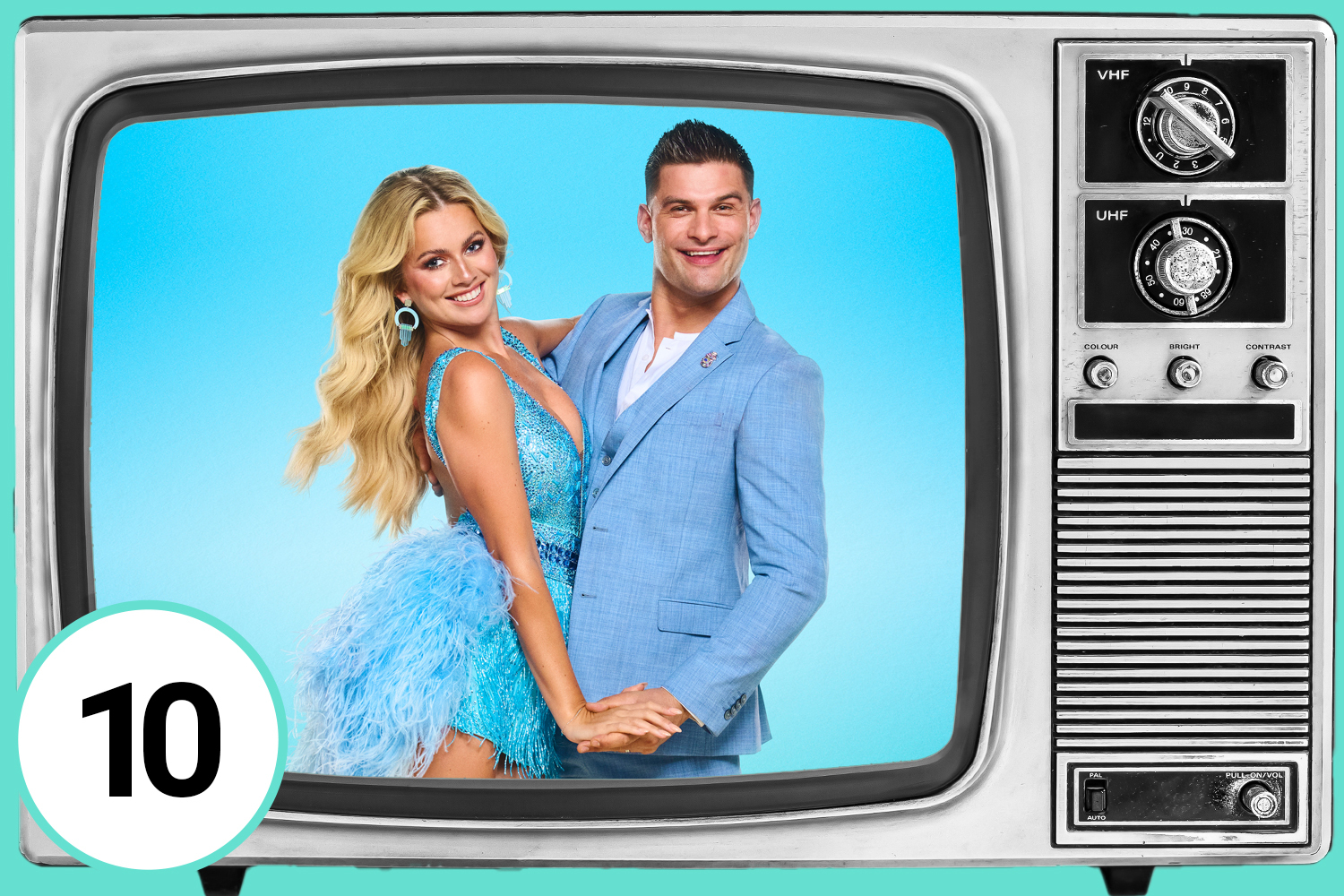
Tasha Ghouri and Aljaž Škorjanec in Strictly Come Dancing
RAY BURMISTON/BBC
Strictly Come Dancing (2004-, iPlayer)
For more than two decades, Strictly has brought glitz and glamour to our weekends, brightening dark evenings, the perfect antidote to the winter blues. Strictly is — and has always been — a celebration of “having a go” where competitors support one another and the audience root for the underdog. A global sensation, it is still a huge ratings winner for the BBC, uniting viewers in a way that only national sporting events and royal weddings can match. Upbeat, optimistic and still dancing. It’s a 10 from us! TG
9. Adolescence (2025, Netflix)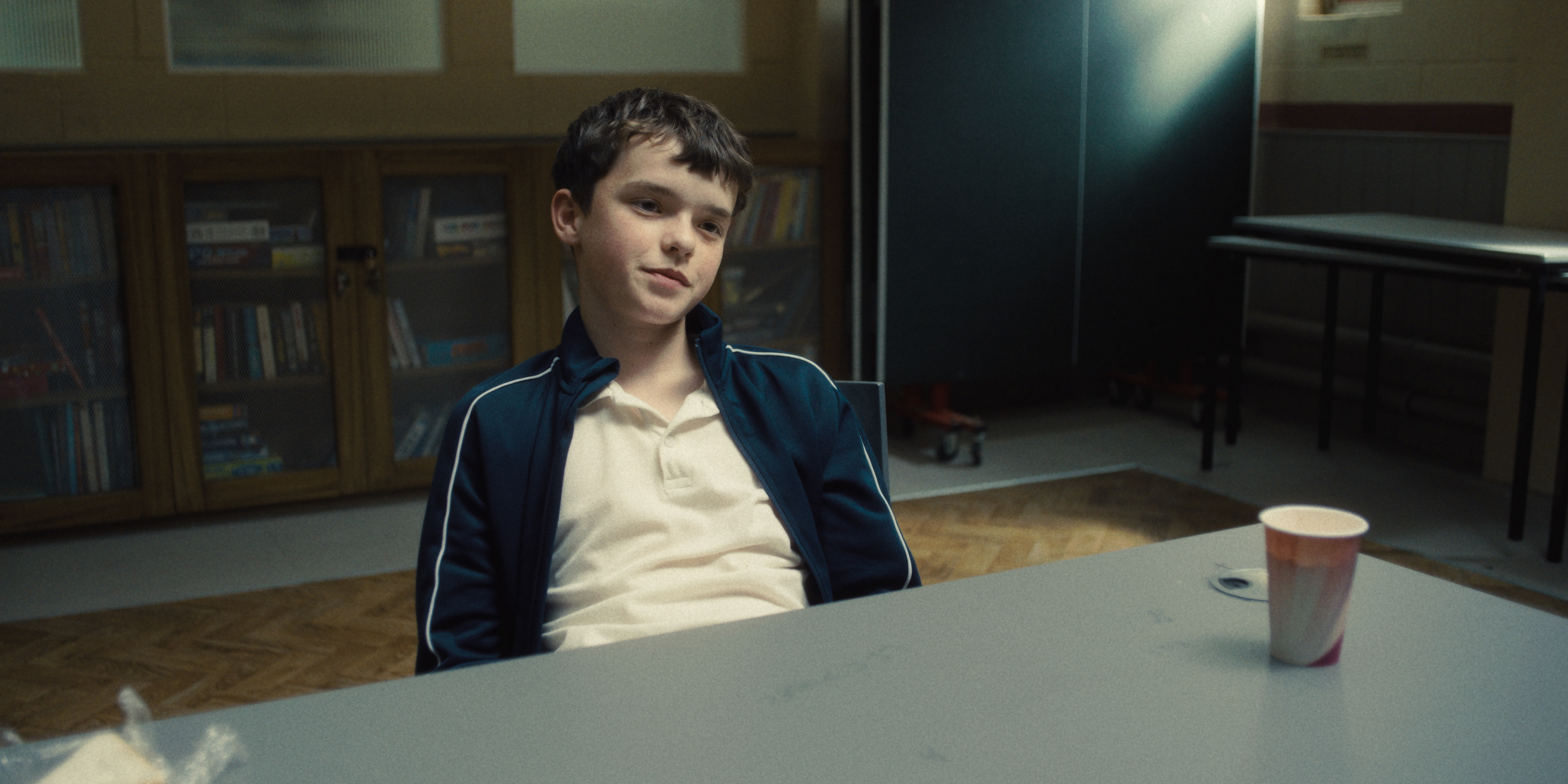
Owen Cooper as Jamie Miller in Adolescence
NETFLIX
Jack Thorne and Stephen Graham’s drama about a teenage boy murdering a schoolgirl and the fallout for his family sparked a global debate about the manosphere and parenting in a social media age. Directed by Philip Barantini in one continuous shot, each episode brings a new perspective on the unfolding nightmare. It garnered 13 Emmy nominations, including a best supporting actor nomination for Owen Cooper, the 15-year-old star.
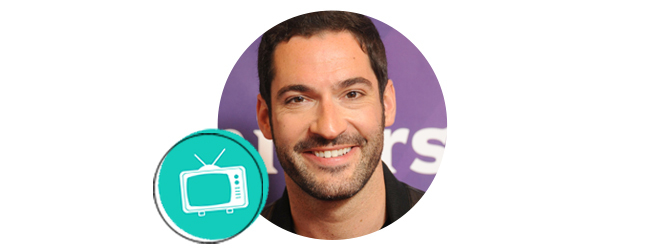
Tom Ellis, the star of Lucifer and Miranda, says: “The most impressive part of Adolescence was the handling of the subject matter. It was never black-and-white or didactic. It posed questions but never tried to answer them. It was fiction but it sparked real conversation. For a TV show to prompt a national debate in parliament and be recommended to be shown in schools as part of the national curriculum it has to be pretty special. Adolescence is more than that. It is a true work of art.”
• Adolescence: the TV drama that every parent should watch
8. Chernobyl (2019, Now)
Jessie Buckley and Adam Nagaitis in Chernobyl
HBO
The worst nuclear power plant disaster in history happened at Chernobyl in Ukraine in 1986. But it was not until Craig Mazin’s superb miniseries appeared in 2019 that I started to understand why it occurred and the horrific cost in human lives and environmental damage. So much had been concealed by the Soviet authorities. Meticulously researched, brilliantly acted by the likes of Jared Harris, Stellan Skarsgard and Emily Watson, and underpinned by Hildur Gudnadottir’s brutal industrial music, the five-part docudrama flawlessly weaves together the fearless investigations of scientists, the mendacious cover-ups and the heroic self-sacrifices made by so many firefighters, miners and soldiers. Richard Morrison
7. Fleabag (2016-19, iPlayer)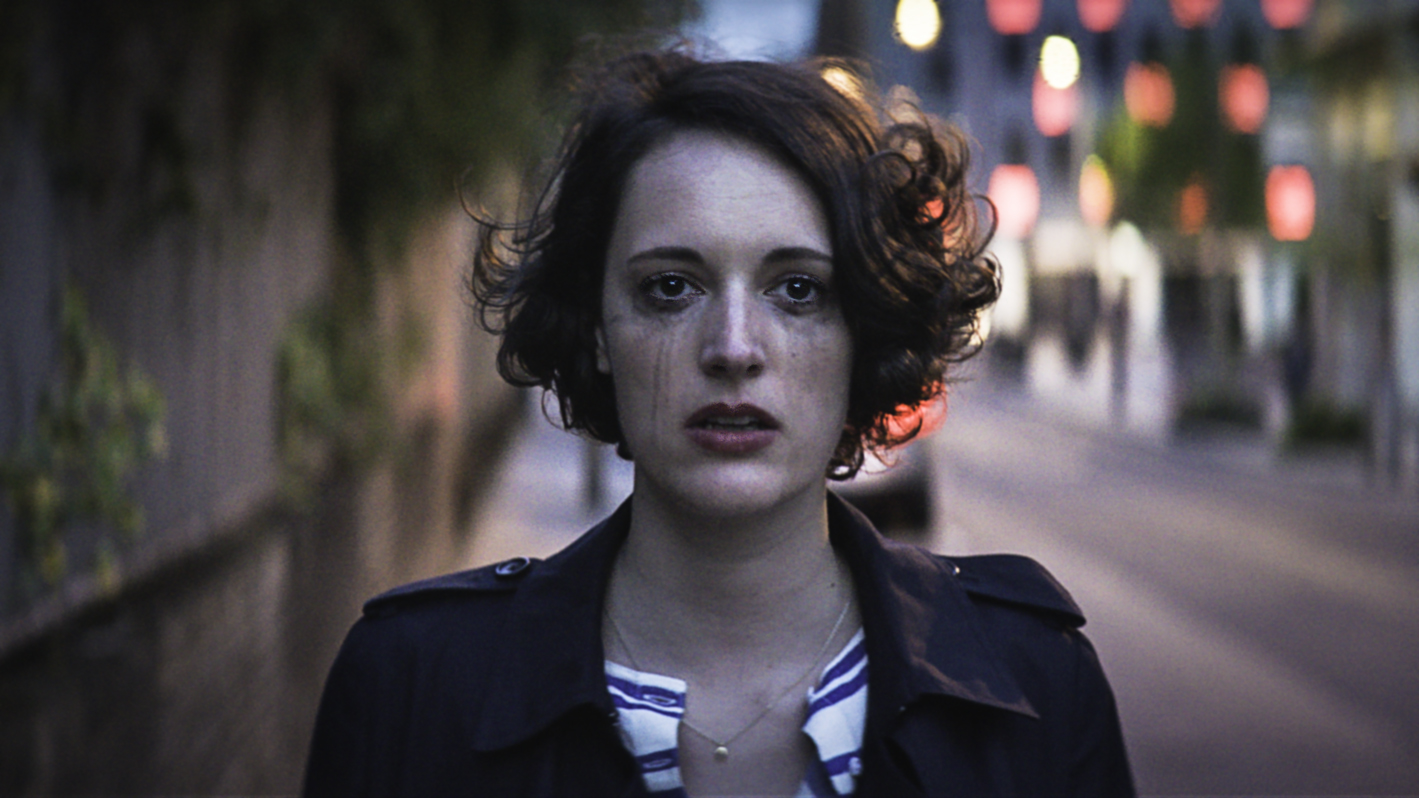
Phoebe Waller-Bridge in Fleabag
BBC
Phoebe Waller-Bridge’s comedy-drama about a free-spirited, angry and confused young woman living in London catapulted the writer and actress on to the world stage, garnering Emmy awards, Golden Globes and a Bafta. The unflinching story of the titular character’s attempts to navigate love, family and grief is brilliantly written and innovatively filmed, as Waller-Bridge breaks the fourth wall by addressing the audience and endearing them to her character.
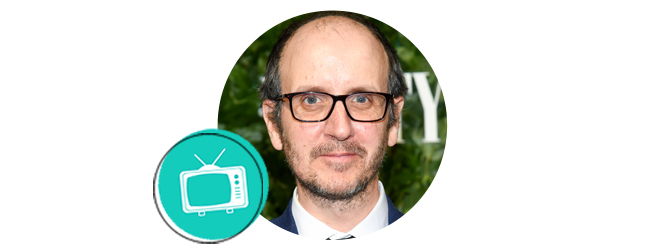
Jack Thorne, the co-creator of Adolescence, said: “Fleabag managed to find a new way to talk about the heart. It was cruel and beautiful at the same time and brought us into a wonderful complication. Also, her dialogue … I mean…”
6. Line of Duty (2012-, iPlayer)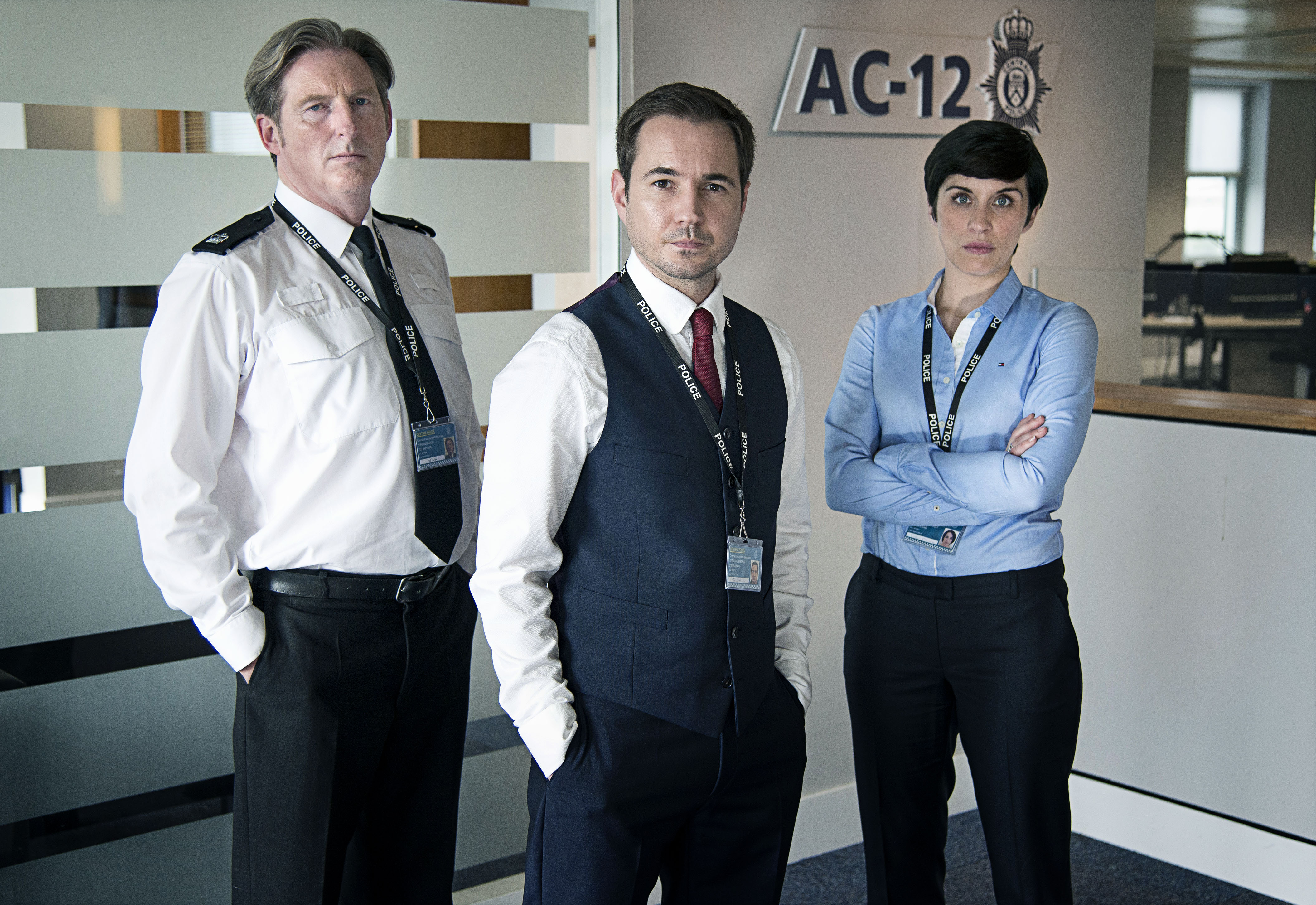
Adrian Dunbar, Martin Compston and Vicky McClure star in Line of Duty
STEFFAN HILL/BBC
Jed Mercurio wasn’t kidding in 2012 when he said that Line of Duty would be “full of moral grey areas”. Over six audacious series, the writer plunges into police corruption, underworld complicity and spiritual (sometimes physical) decay, generating an adrenalised rush of action-film peril and political-thriller plot arcs (who was H?). While Vicky McClure, Martin Compston and Adrian Dunbar anchor the show, Stephen Graham, Lennie James and Keeley Hawes ramp up the intrigue — not that a recognisable face spared you a nasty fridge-based end. Building its universe through long complex interrogations and distinctive argot (“OCG”, indeed), the show lets viewers feel as if they were spying on a secret world redacted from everyday life — perfect for paranoid, conspiracy-minded times. Season seven is rumoured: bent coppers, beware. VS
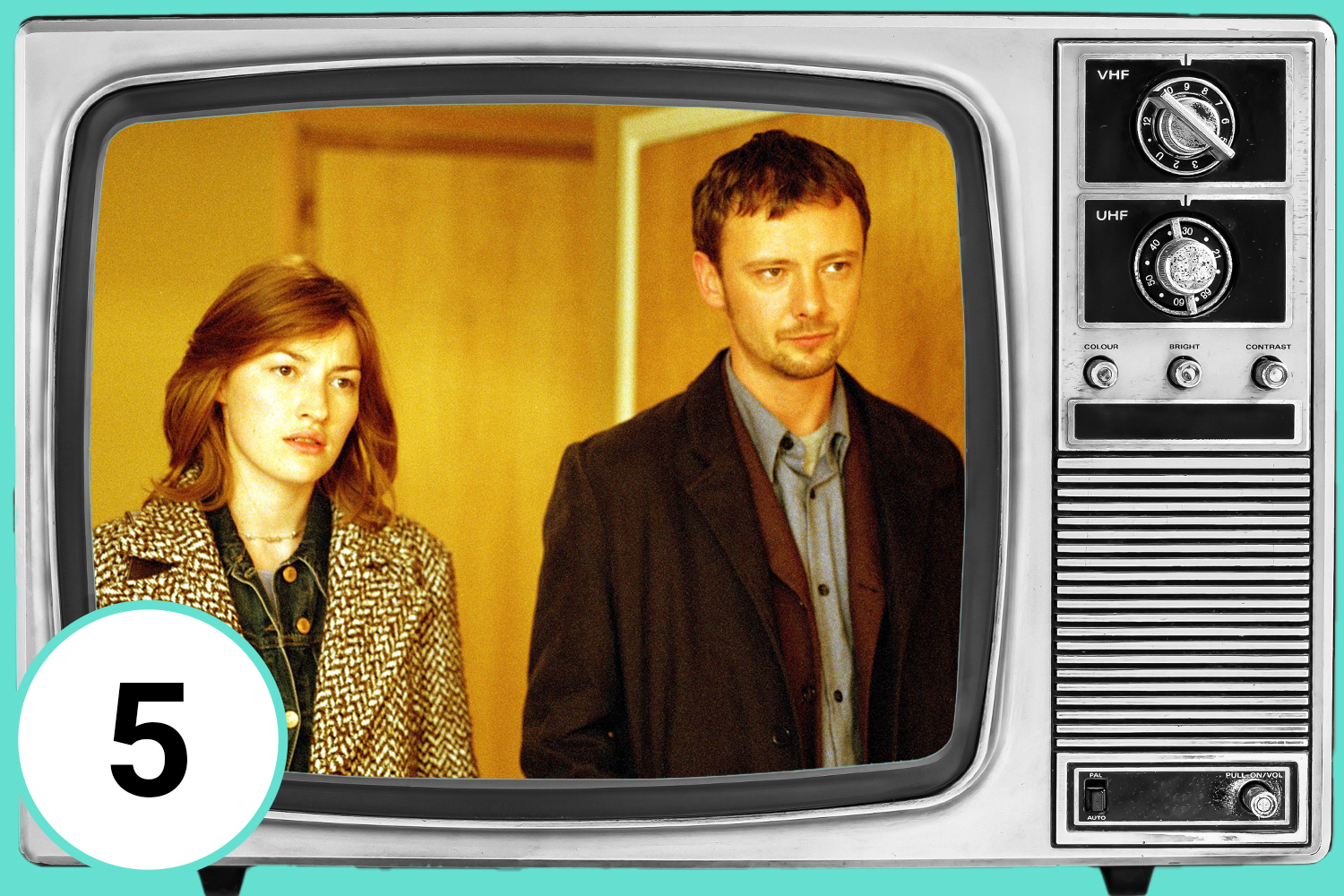
Kelly Macdonald and John Simm in State of Play
BBC
State of Play (2003, Apple TV+)
Stephen Merchant, co-creator of The Office, says: “This is a cracking BBC political conspiracy thriller that harks back to 1970s gems such as All the President’s Men and 1980s classic Edge of Darkness, but with added wit and spiky repartee. A cast list to die for — John Simm, David Morrissey, James McAvoy, Kelly Macdonald — plus a scene-stealing turn from Bill Nighy that arrived a few months before Love Actually made him a national treasure.
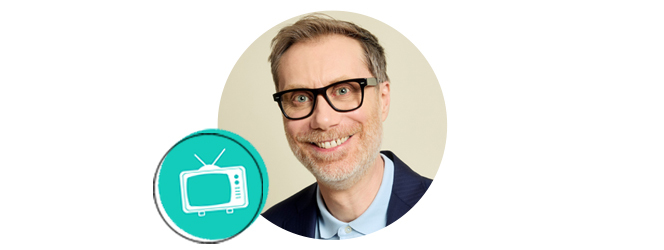
A pre-social media tale of newspaper folk uncovering corruption that finds time for both twisty thrills and great character development, loaded with ever-shifting loyalties and moral grey areas. The fantastic script from Paul Abbott and tight direction from David Yates persuaded Hollywood to make a solid movie version with Russell Crowe and Ben Affleck, but it couldn’t touch the sublime original.”
4. Planet Earth (2006-23, iPlayer)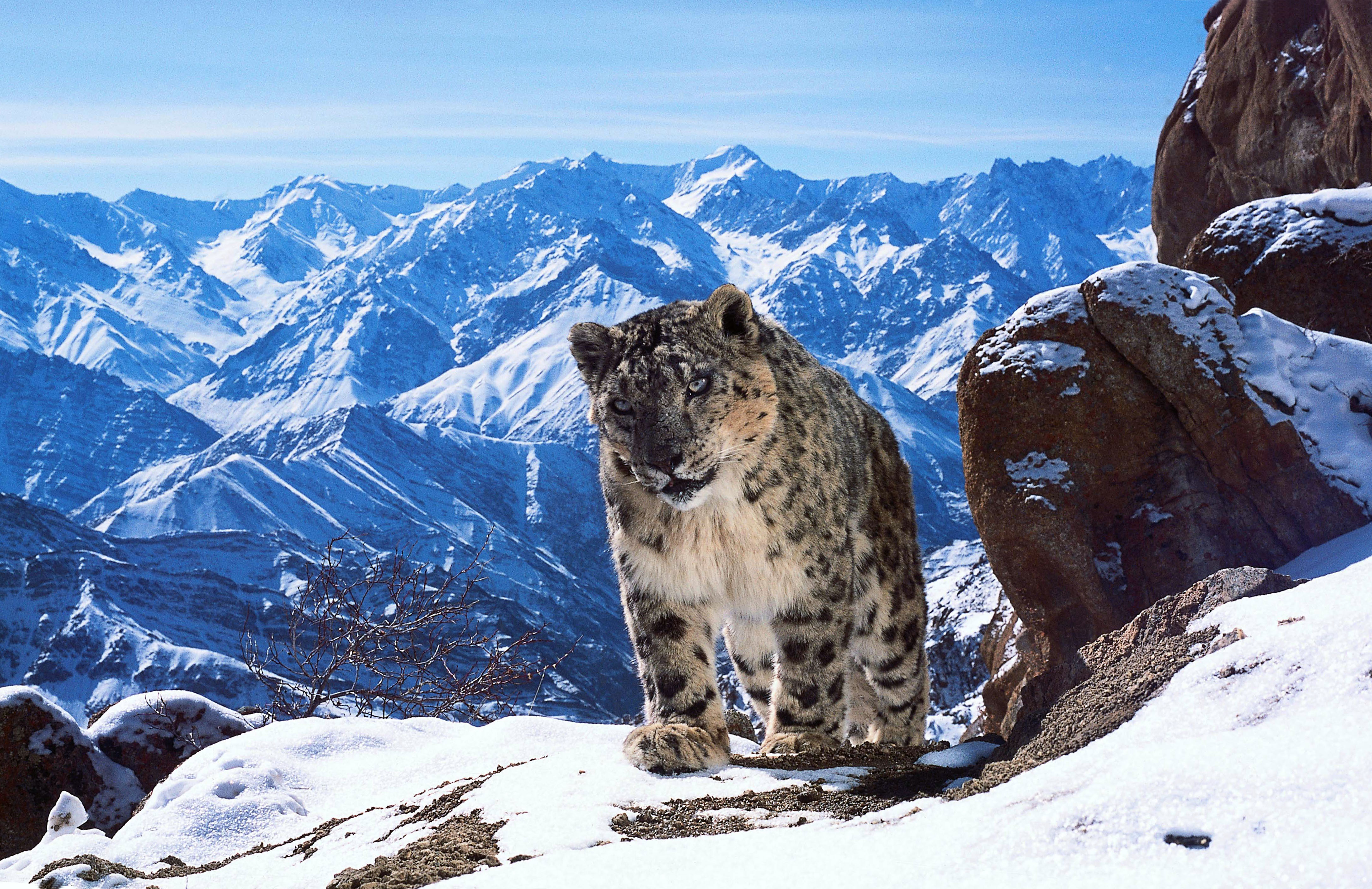
A snow leopard in BBC’s Planet Earth II
DAVID WILLIS/BBC
Five years in the making, David Attenborough’s 11-part follow-up to The Blue Planet was at the time the most expensive nature documentary made by the BBC, and the first to be filmed entirely in high-definition. From the poles to the mountains and ice worlds to jungles, the programme brings alive the natural world and set the standard for the myriad nature series that have followed.
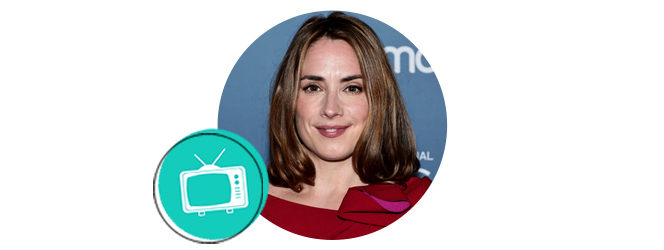
The Succession writer and producer Lucy Prebble says: “Thank God the BBC made this awe-inspiring love letter to our world, where every shot is literally the most incredible thing you’ve ever seen in your life. A show that inspired every person to see the beauty around them, change their lives and vote in governments determined to work together to preserve the animal world and climate. Phew.”
3. Happy Valley (2014-23, iPlayer)
Sarah Lancashire as Catherine Cawood in Happy Valley
MATT SQUIRE/BBC
Starring Sarah Lancashire as Sergeant Catherine Cawood, a police officer whose family is plagued by the ever-present shadow of the murderous psychopath Tommy Lee Royce (James Norton), this drama delivers three gripping seasons. A masterclass in storytelling, from the harrowing beginning to the explosive end, it represents the very best of modern British drama.
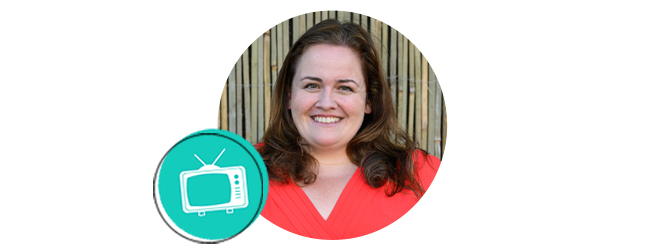
Jessica Gunning, star of Outlaws and Baby Reindeer, says: “Sally Wainwright’s writing is brilliant — sharp, unsentimental and full of natural, understated humour. Sarah Lancashire gives one of the best screen performances I’ve ever seen, with Siobhan Finneran and James Norton equally unforgettable. What makes it great isn’t just the tension or darkness, but how real it feels. The relationships, the dialogue, the silences, the setting … even the bleakness, with beautiful Hebden Bridge as the backdrop. It’s gripping, moving, often very funny, and always deeply human. Just really good telly! I could happily watch it all over again.”
2. Wolf Hall (2015-24, iPlayer)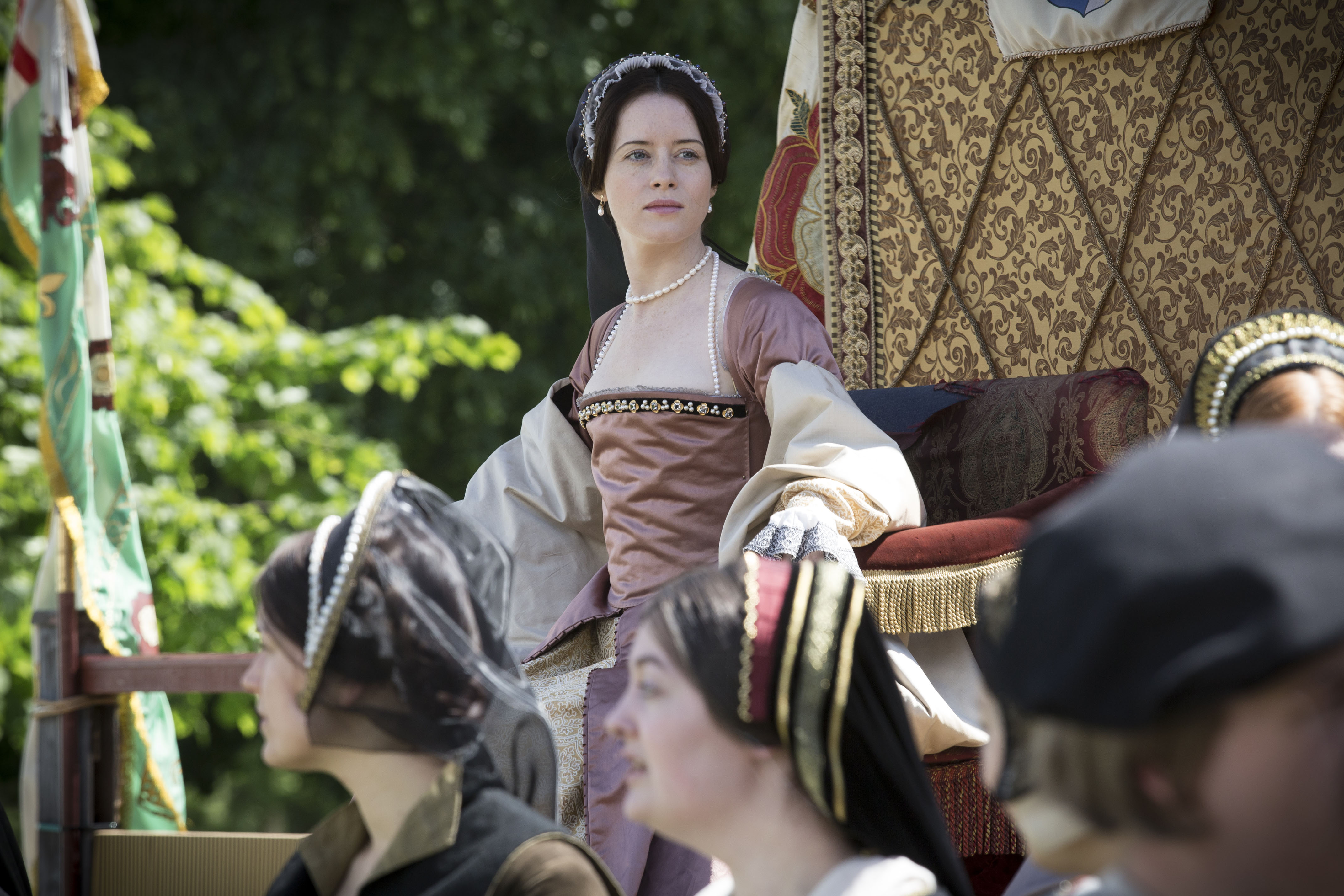
Claire Foy Anne Boleyn in Wolf Hall
ED MILLER/BBC
The BBC’s adaptation of Hilary Mantel’s fictionalised biography of Thomas Cromwell stars Mark Rylance, Damian Lewis and Claire Foy. The acclaimed actor Michael Sheen praised the drama, directed by Peter Kosminsky, for its “brilliant storytelling”.
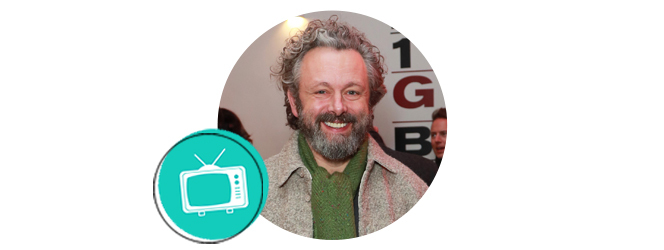
He said: “Everyone is at the top of their game — performances, direction, cinematography, design, music, editing. It brought the past vividly to life and made it throb with resonance for now. Smart, surprising, challenging, disturbing, beautiful. It took huge risks and made them seem effortless. Taking something that has already worked brilliantly in a different medium and finding a new visual and storytelling language for it is a huge challenge and it triumphed. I think it is a landmark production and will inspire and influence every area of TV drama moving forward.”
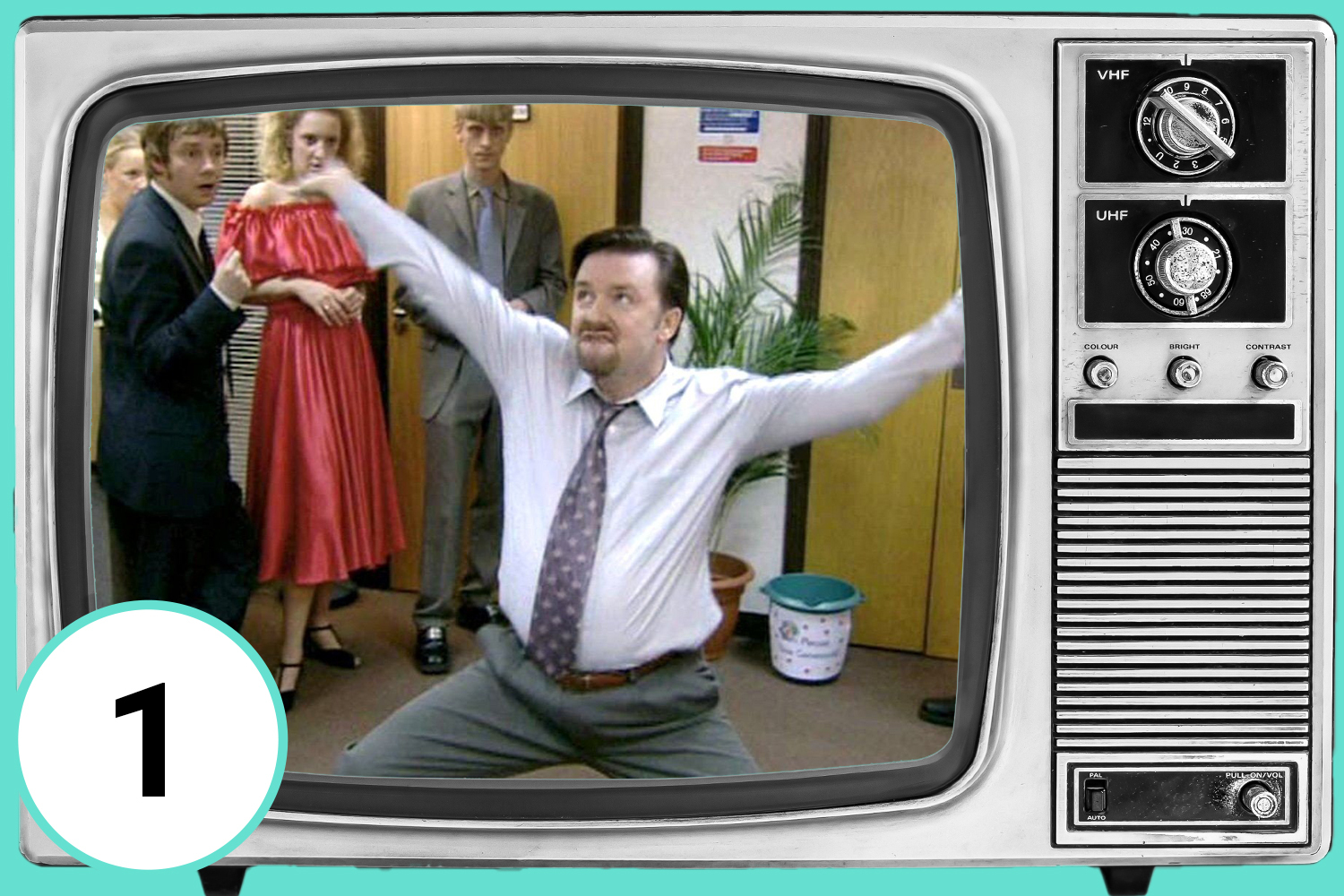
Ricky Gervais as David Brent in The Office
The Office (2001-03, iPlayer)
Richard Curtis says: “First, The Office — it’s funny, funny, funny — brilliantly written. Second, its mockumentary style was not completely new, but it was completely perfected here, and has had astonishing influence on so many excellent comedies since then, in America, Australia and here at home.
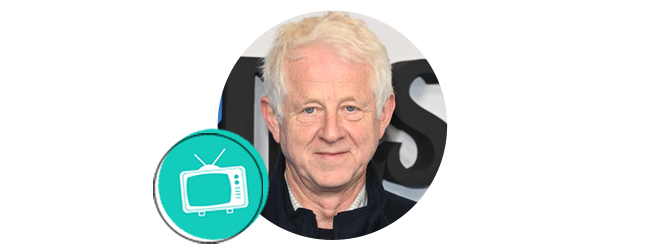
Third — the casting by Rachel Freck was so radical and excellent — and all the performances just got deeper and better and sadder and funnier. And Ricky Gervais was sublime. And then the final episode, at the Christmas party, was so unexpectedly emotional and beautiful — a very great romantic comedy. It’s still funny, it’s still influential, it’s still a tragedy there weren’t more episodes and a wonderful very British thing that there weren’t more episodes.”
What’s your favourite British show of the past 25 years? Let us know in the comments below
